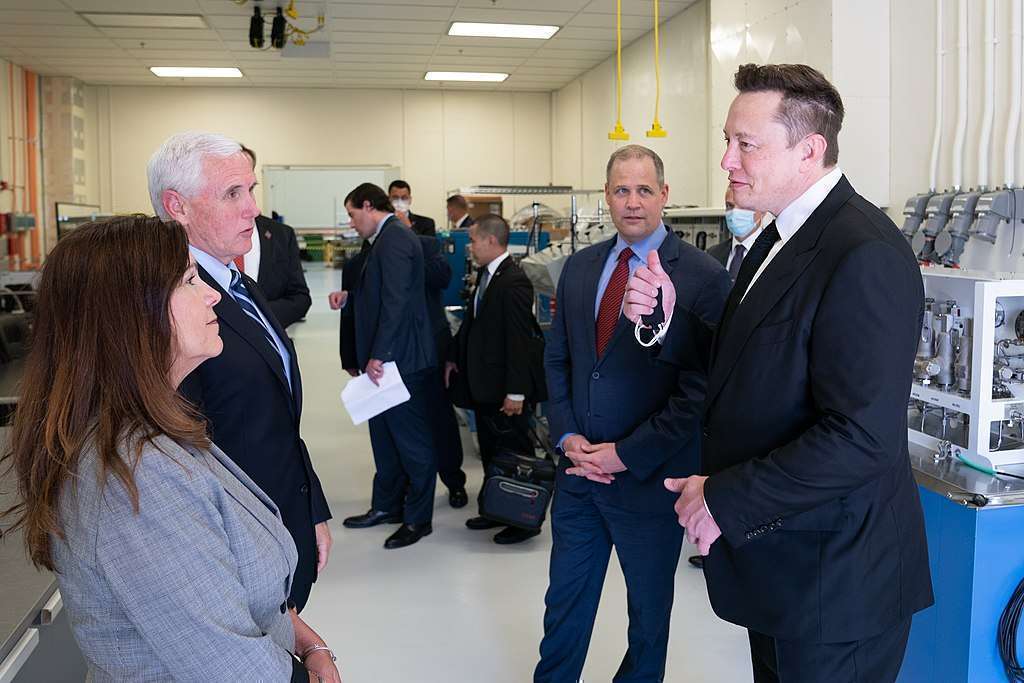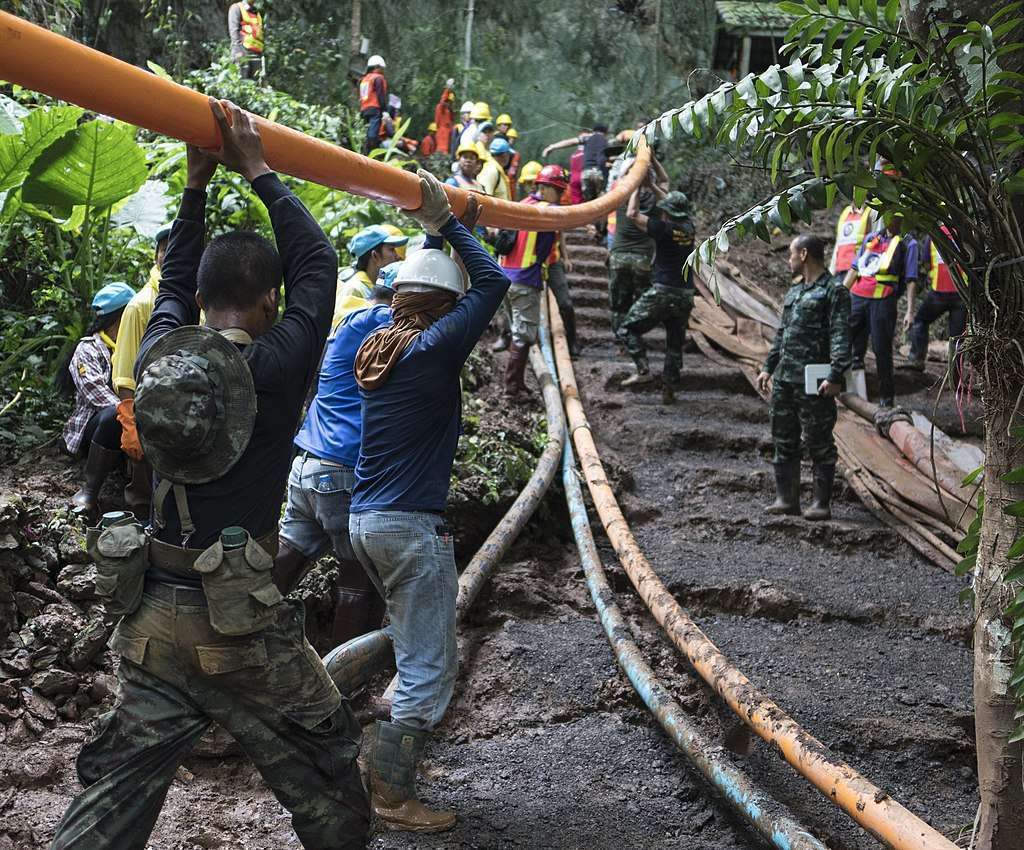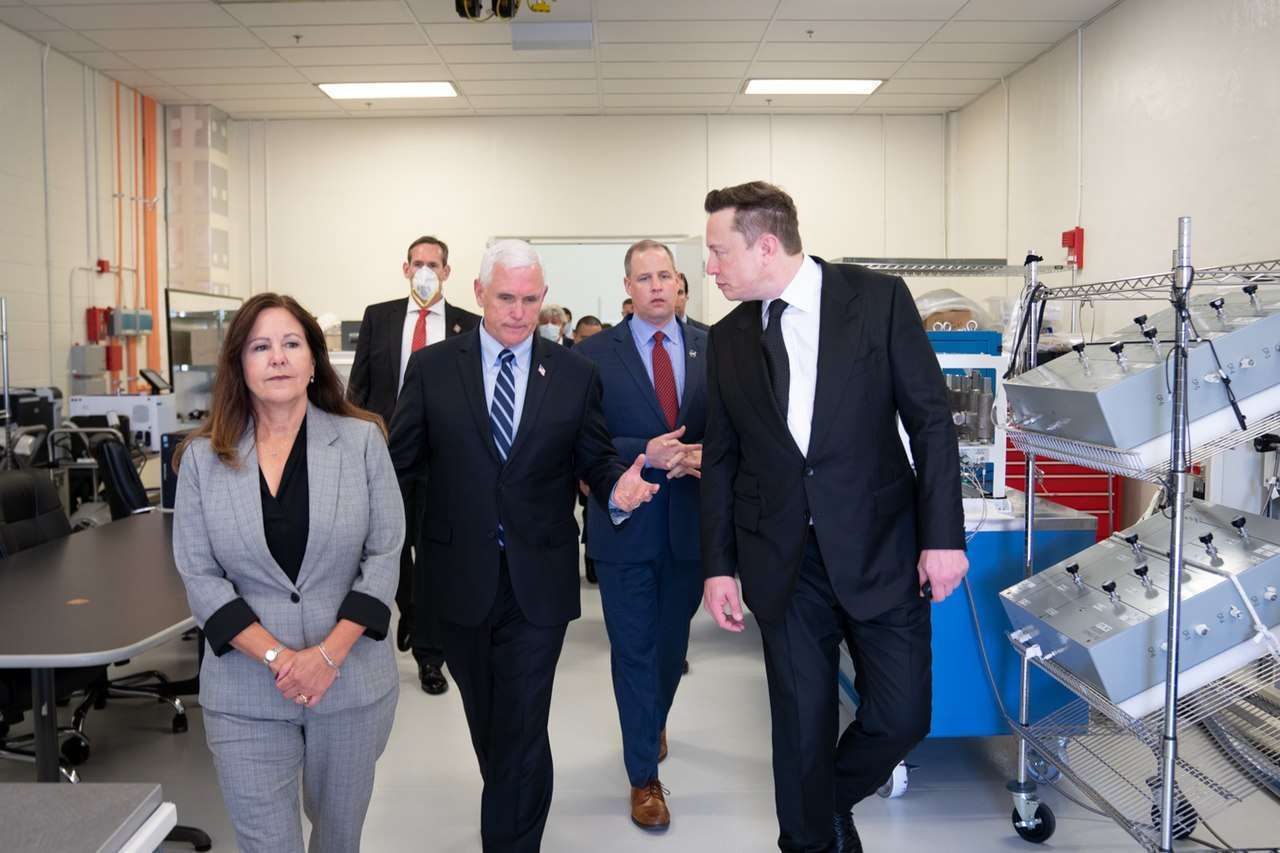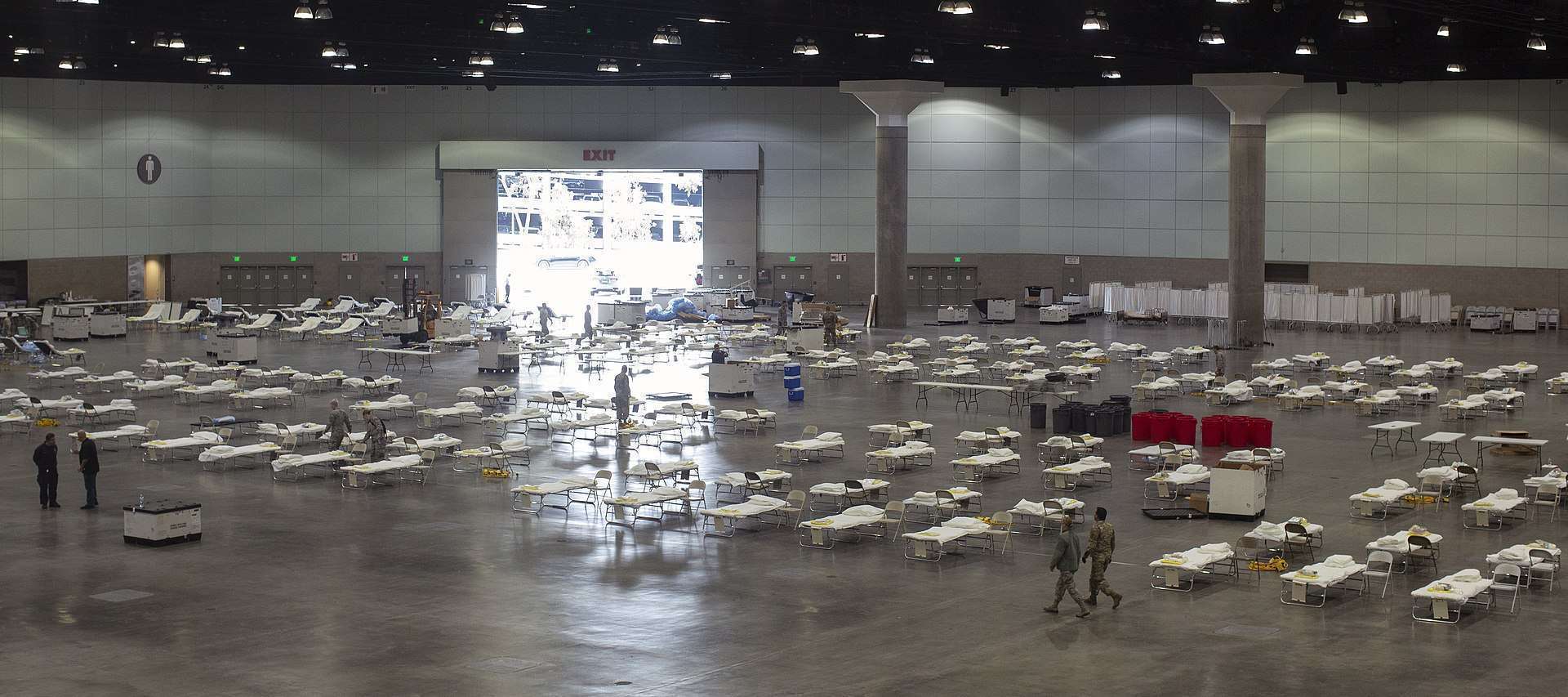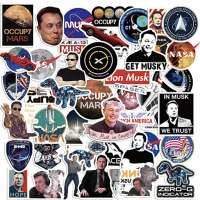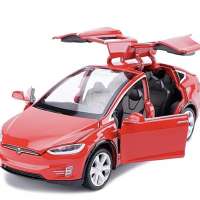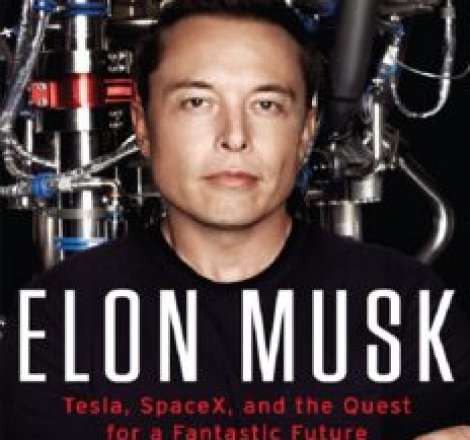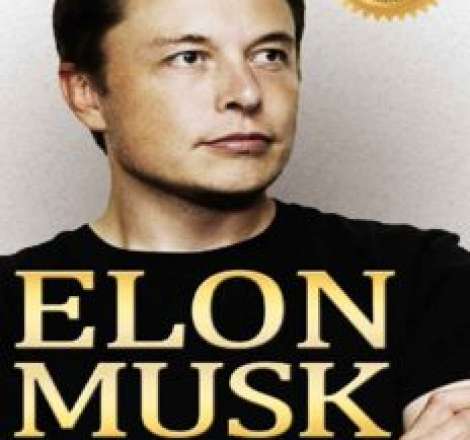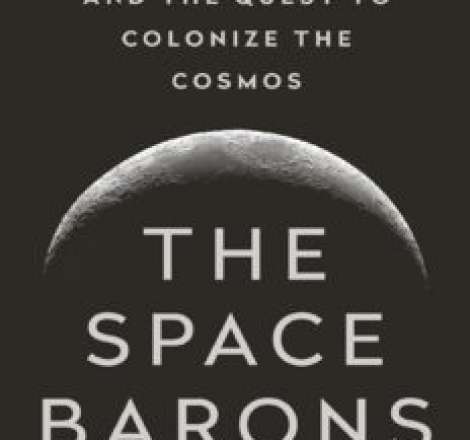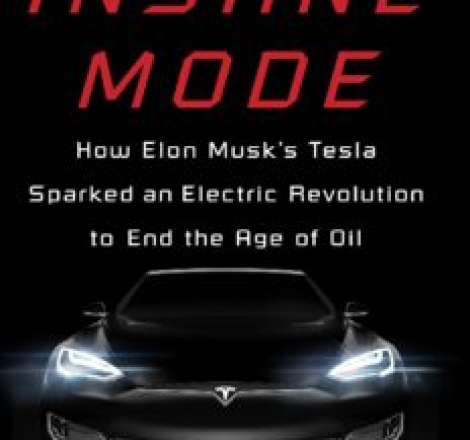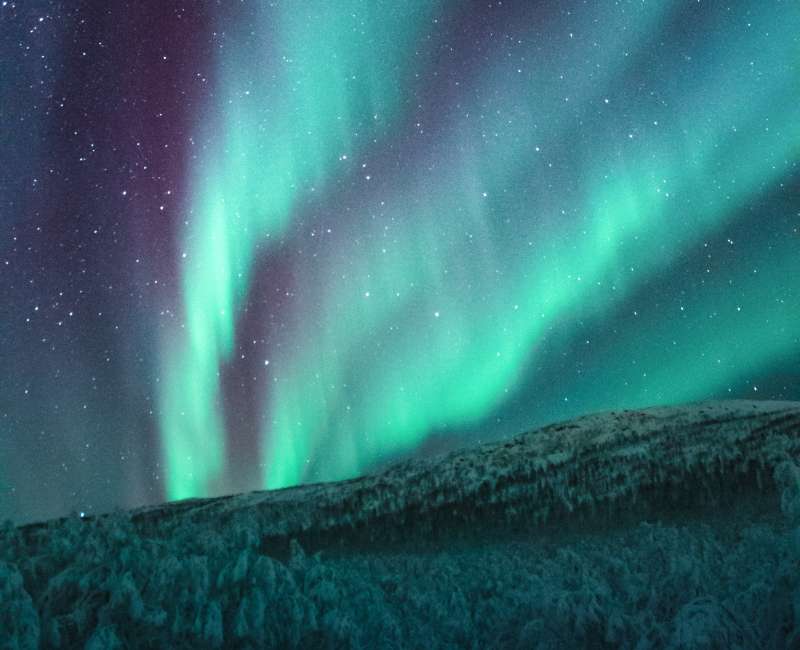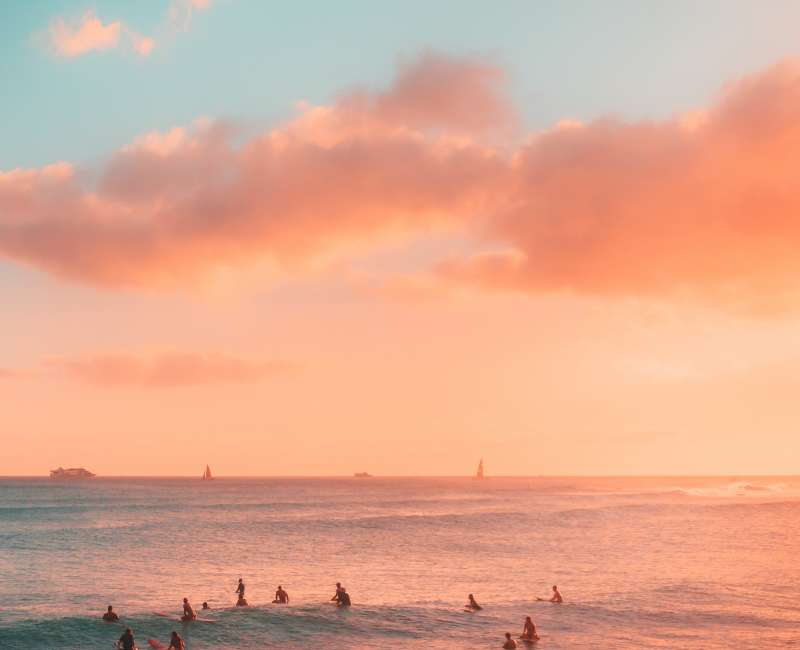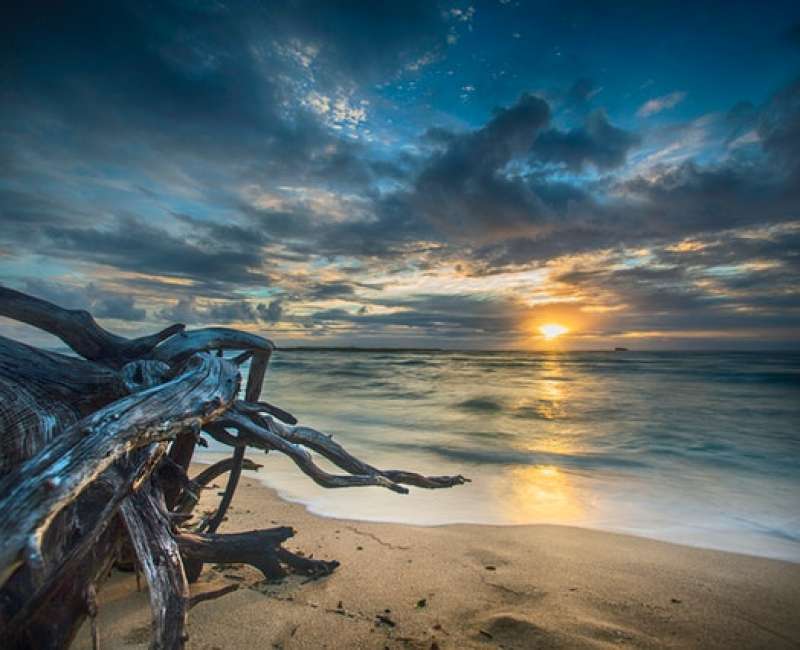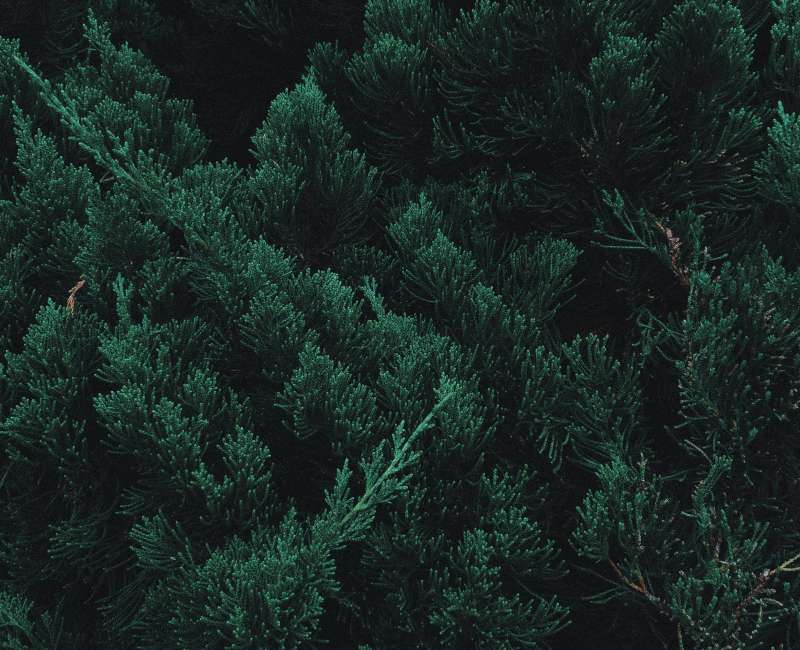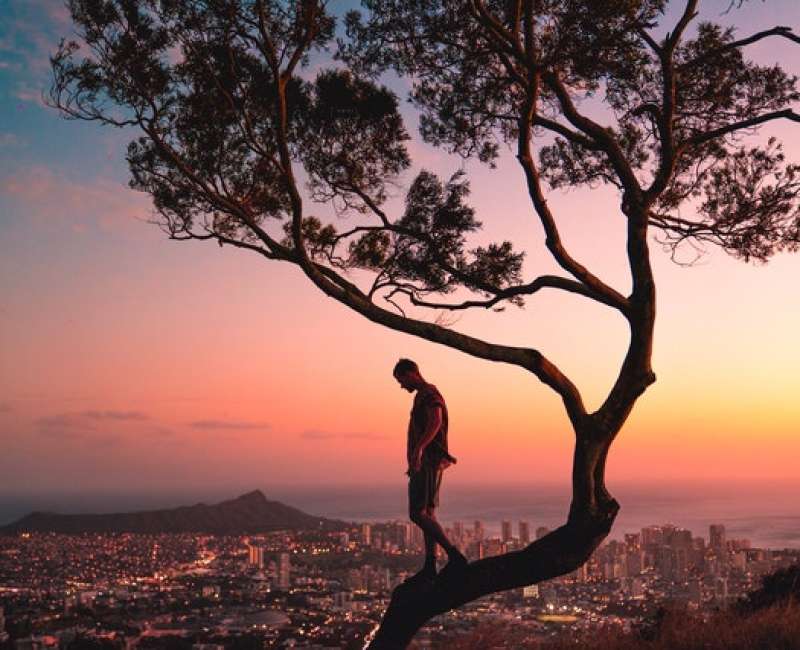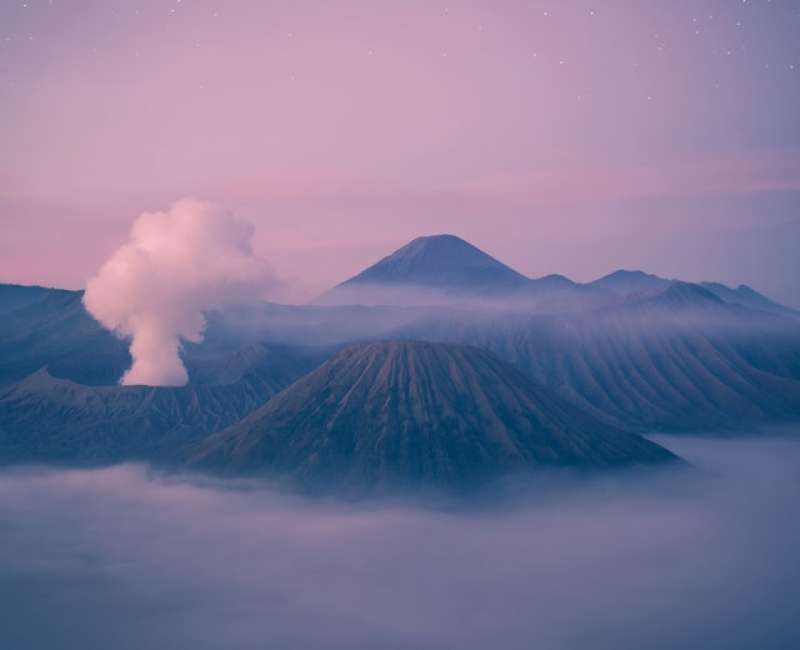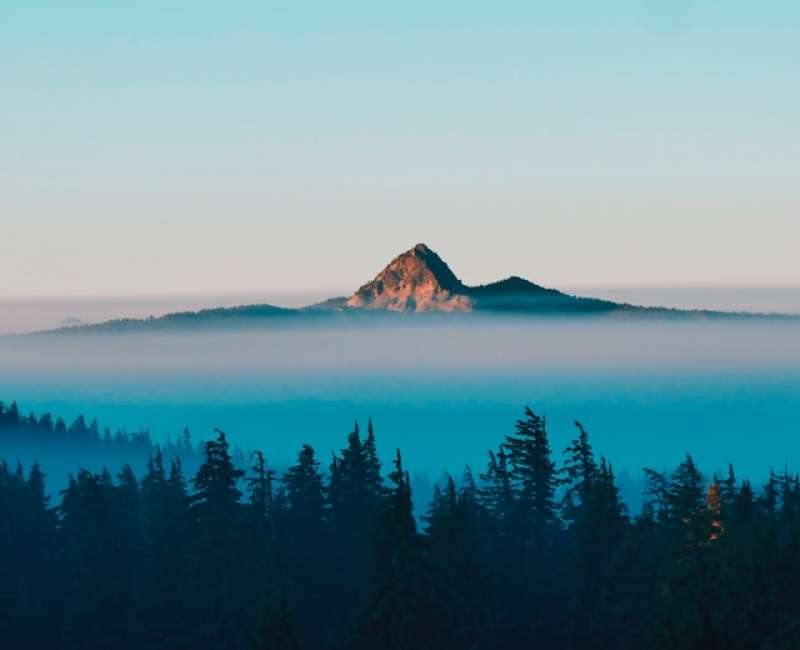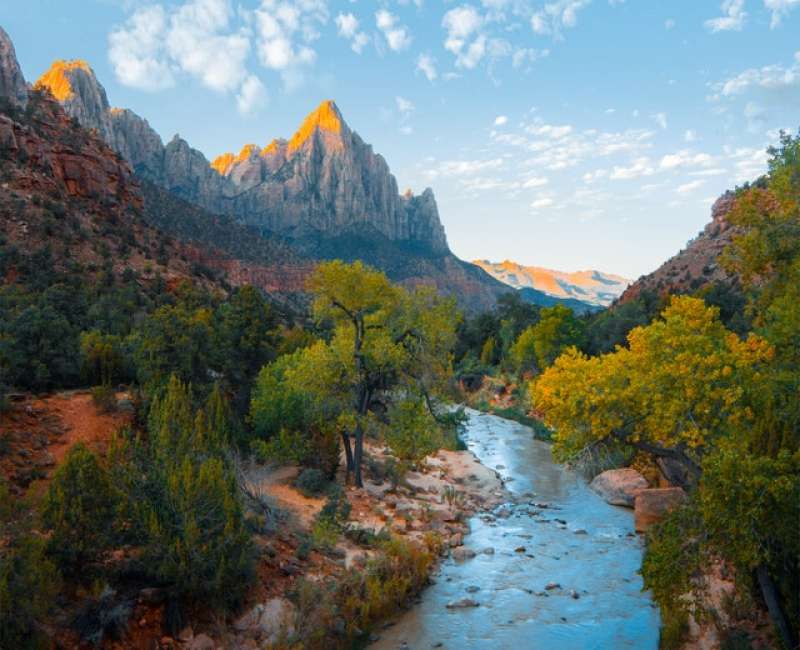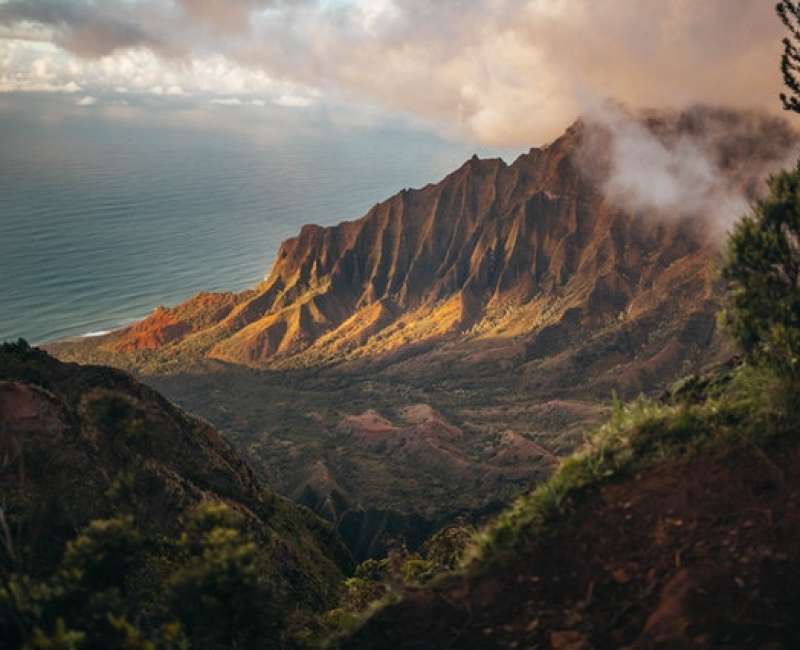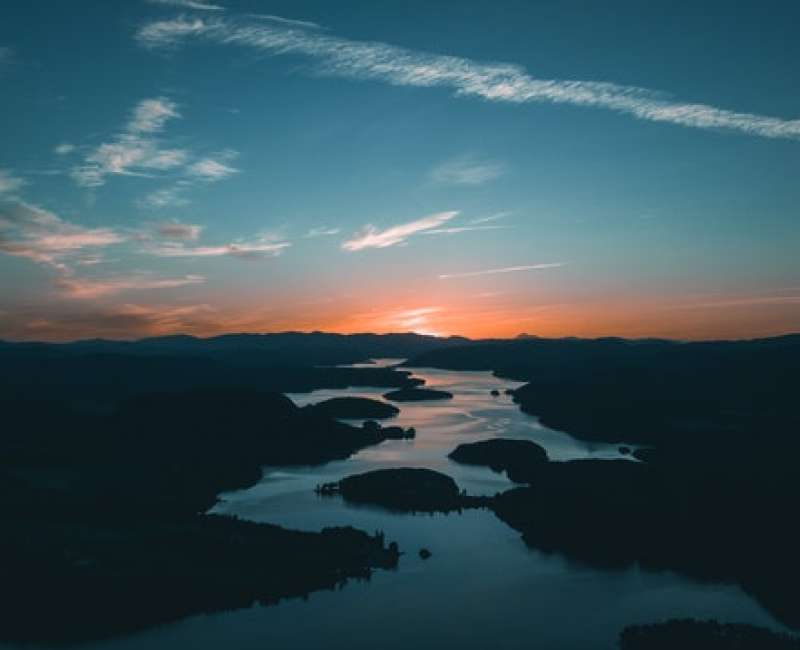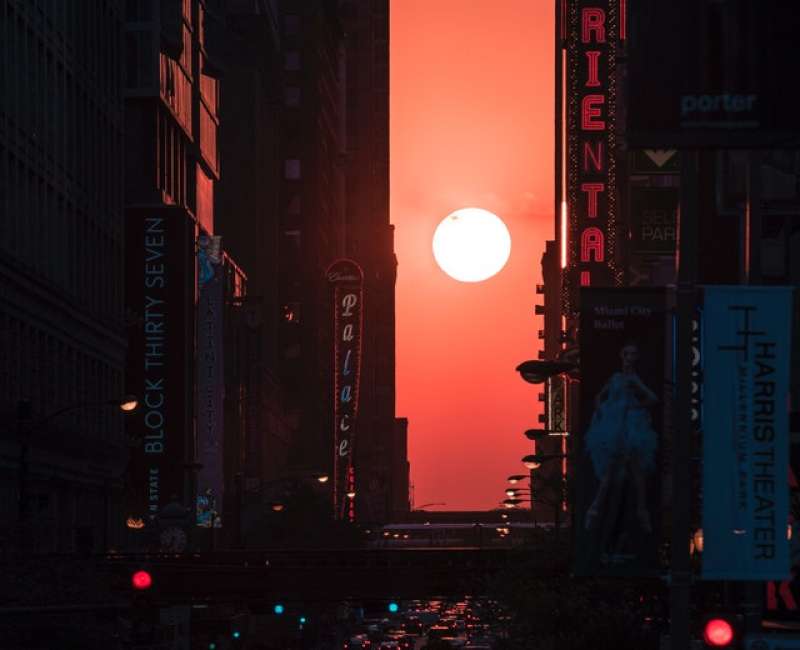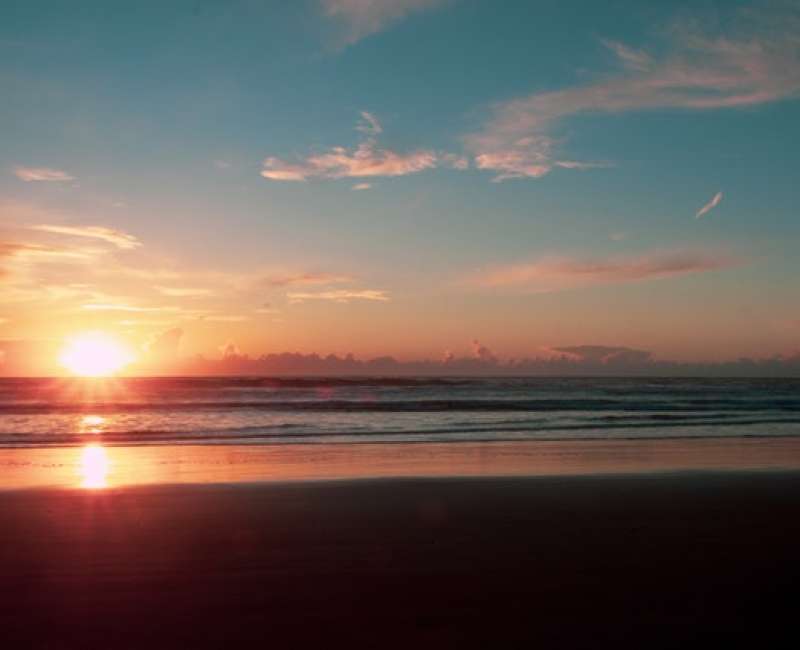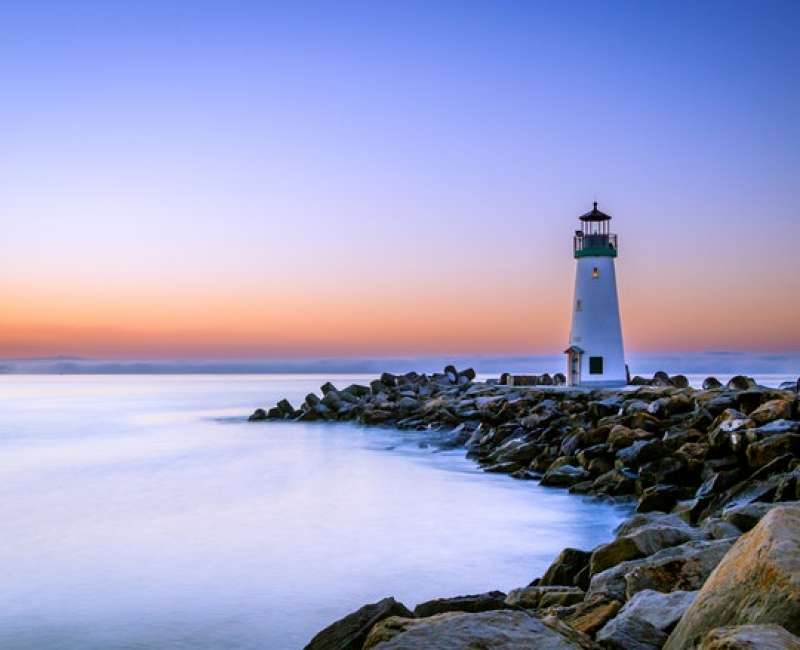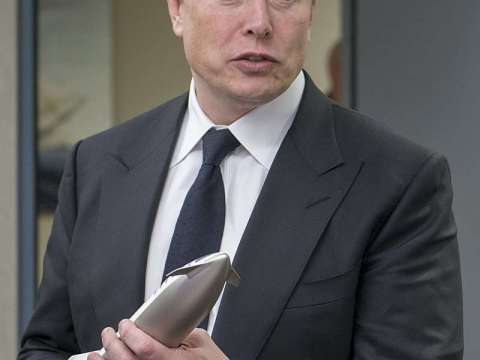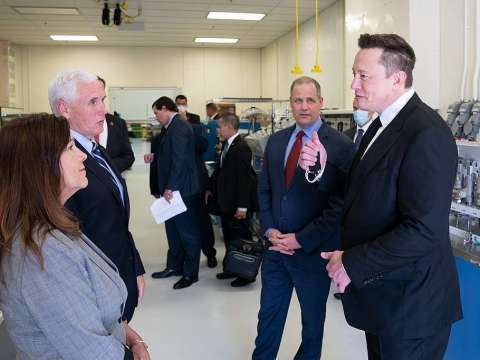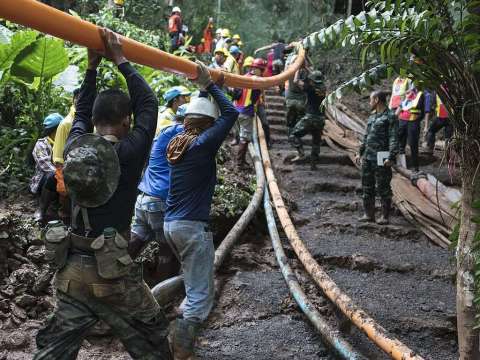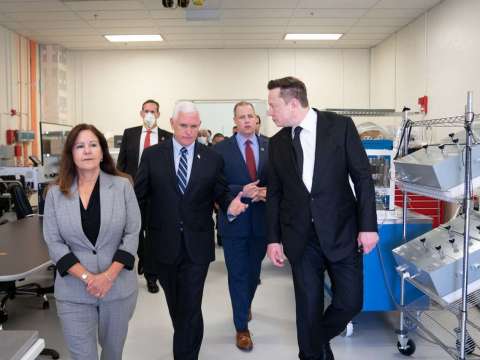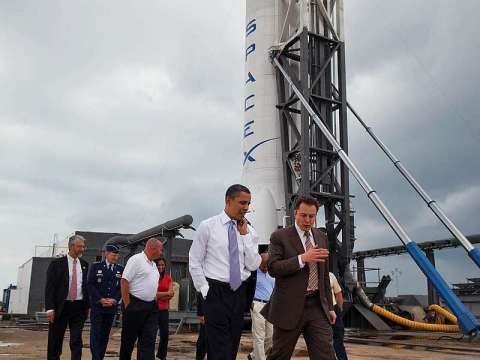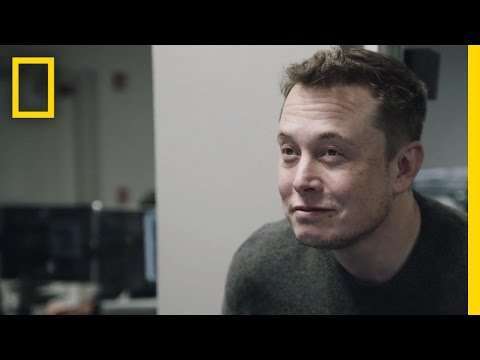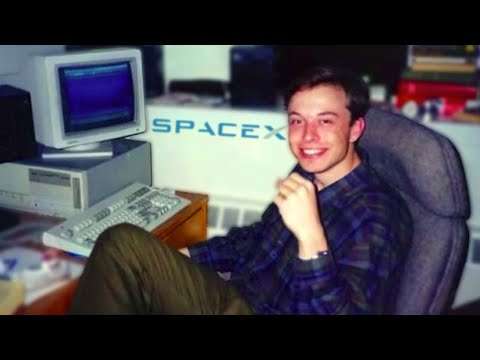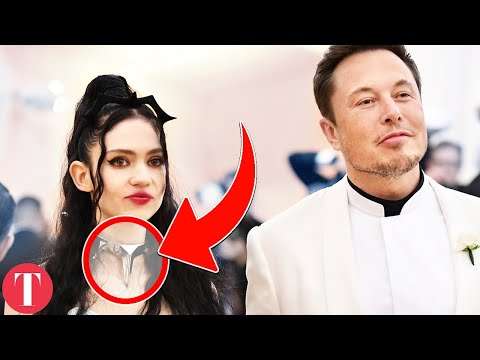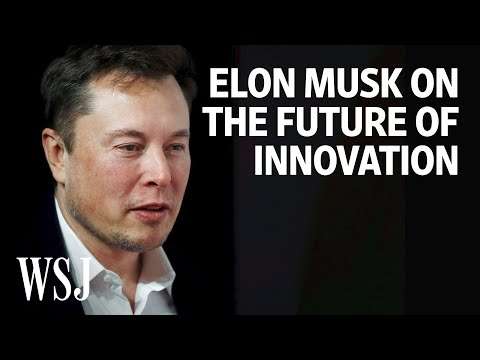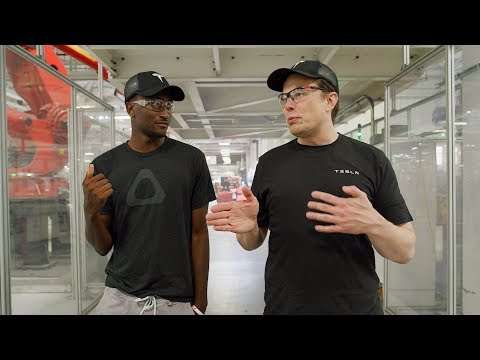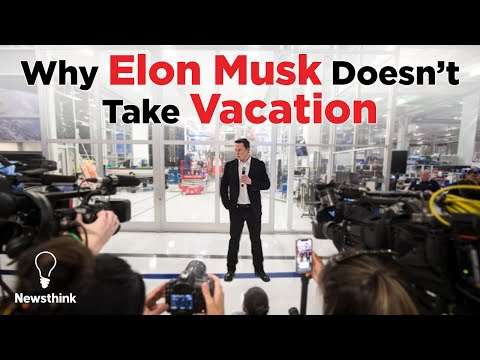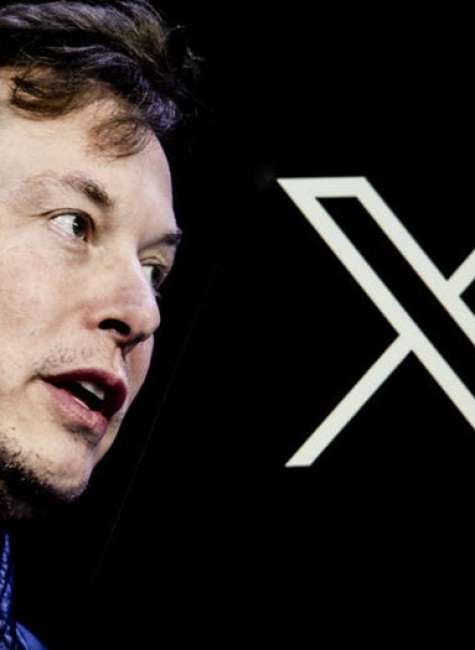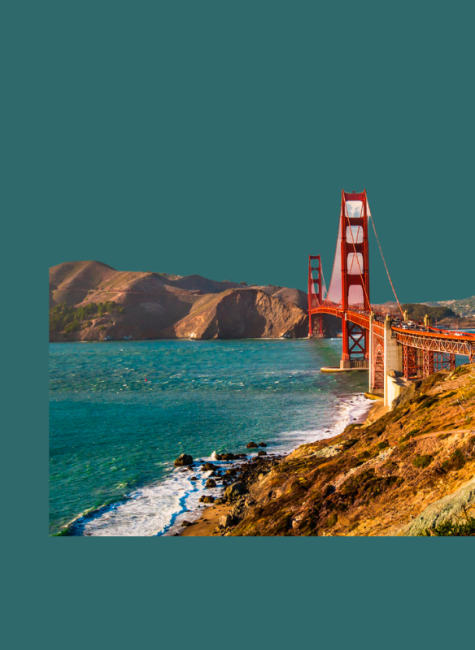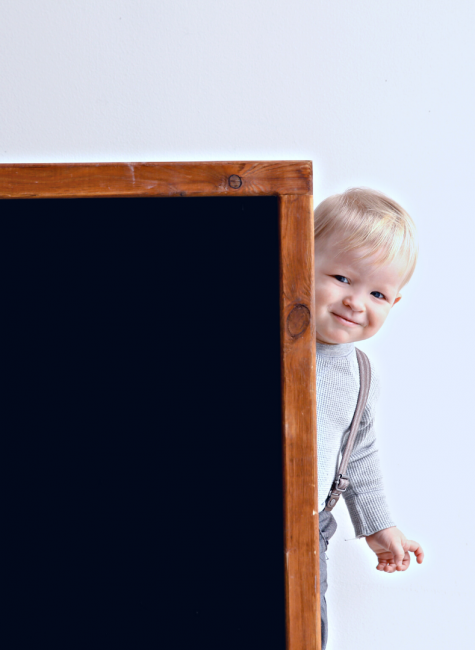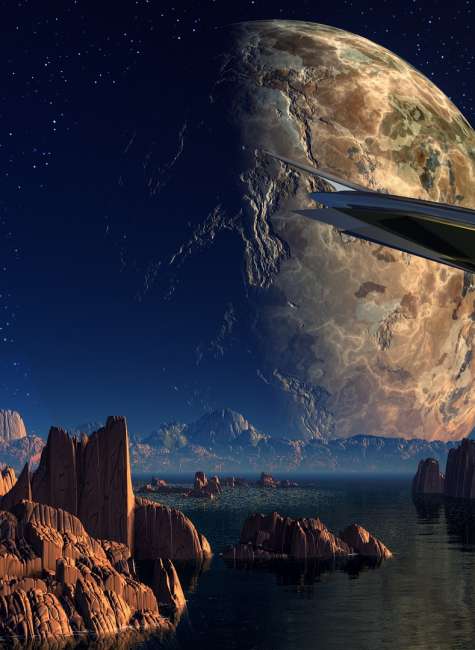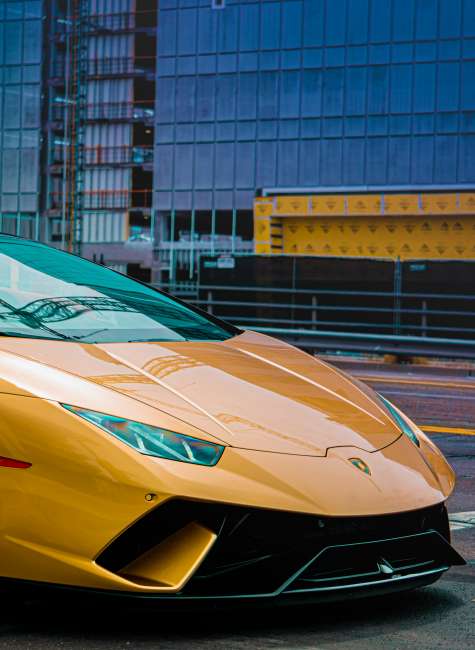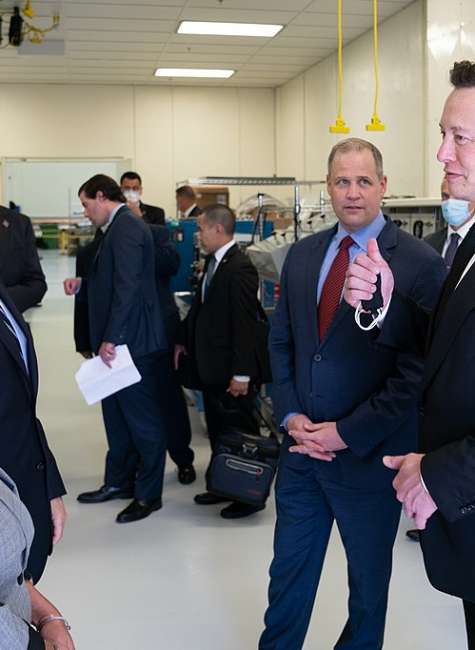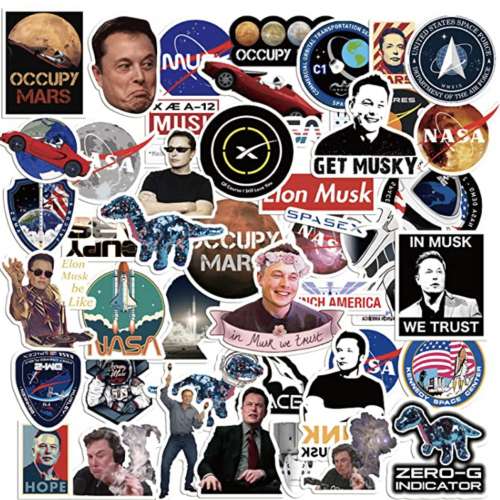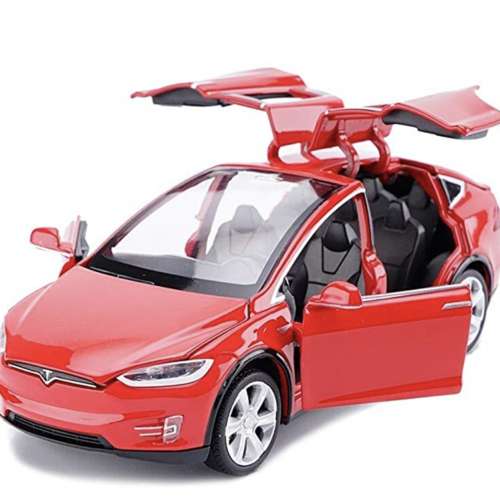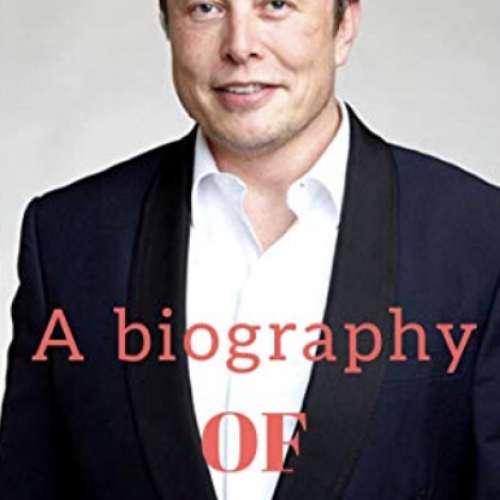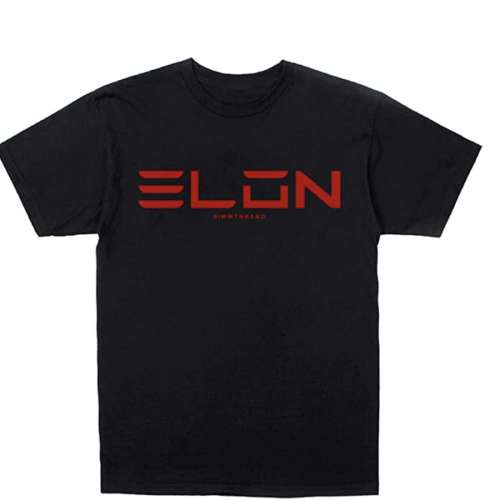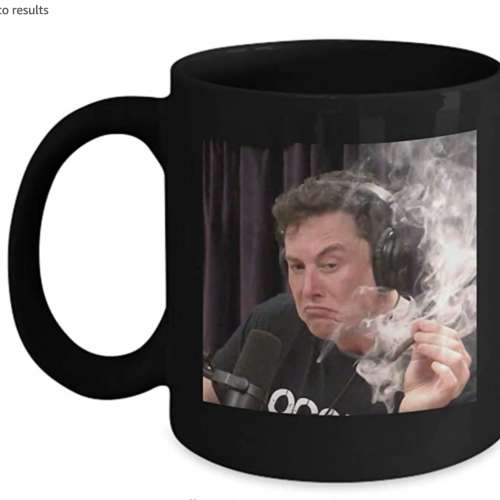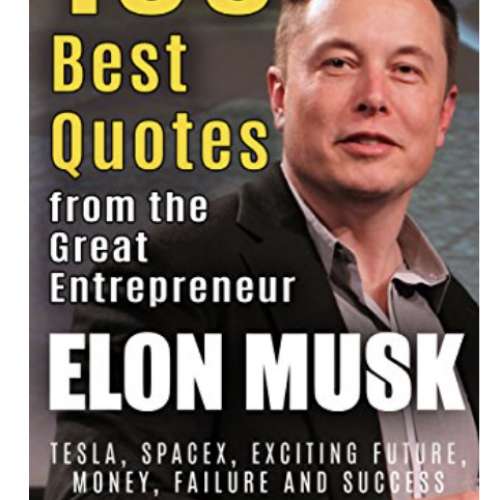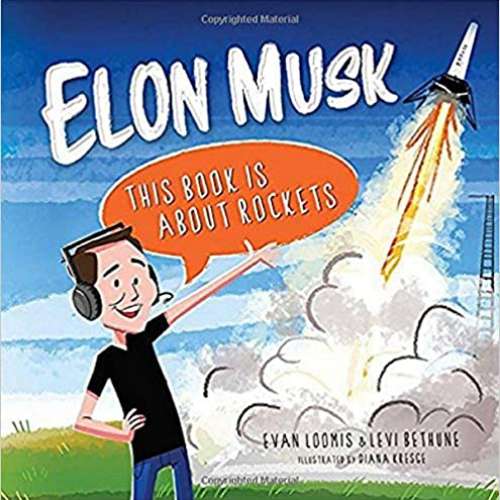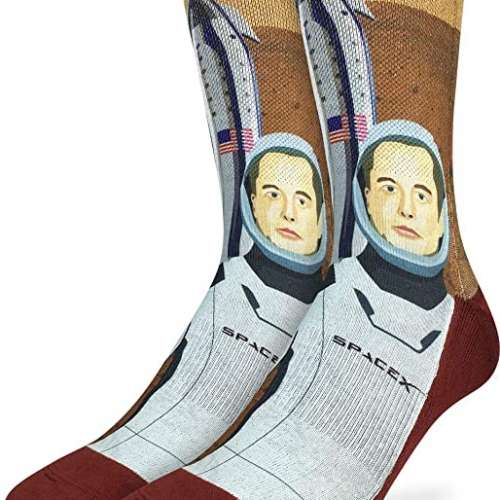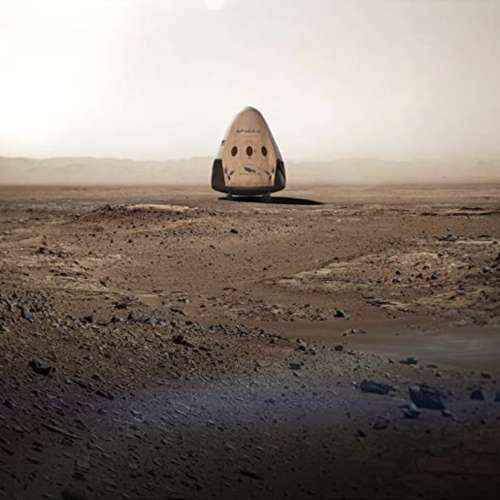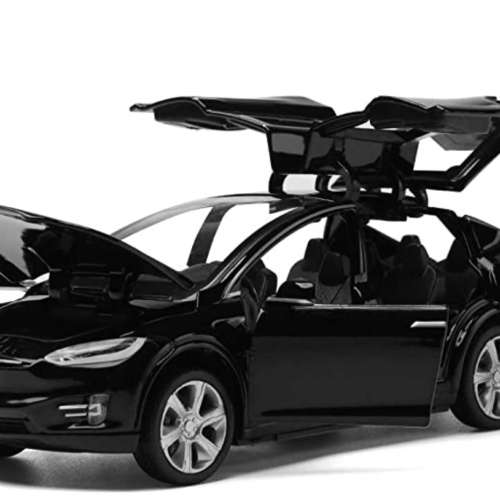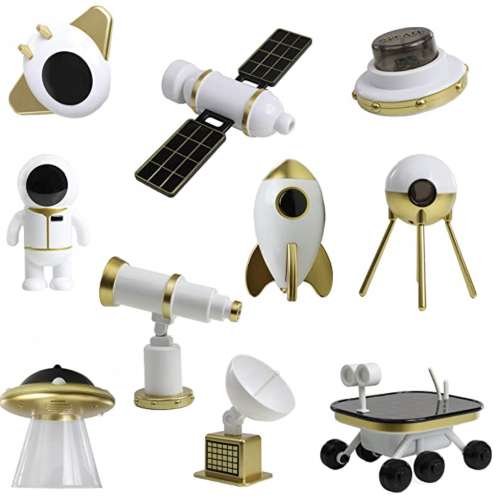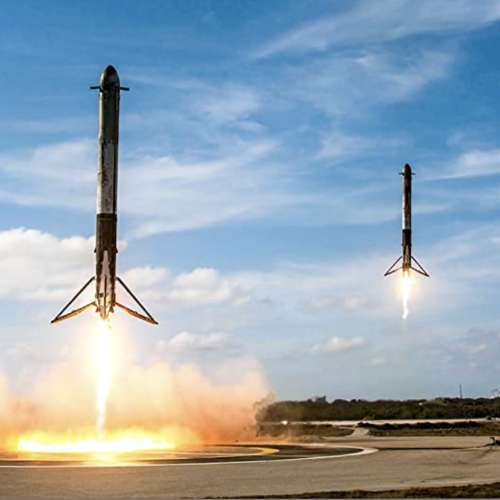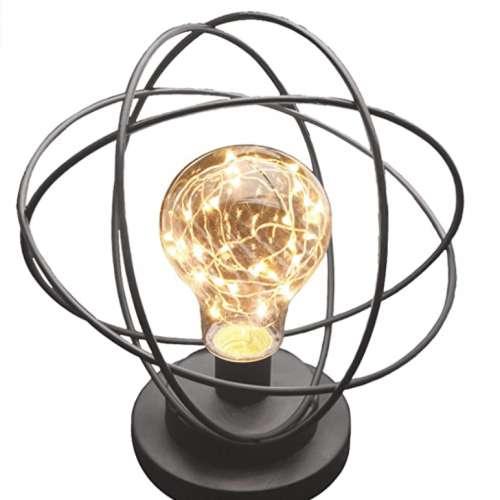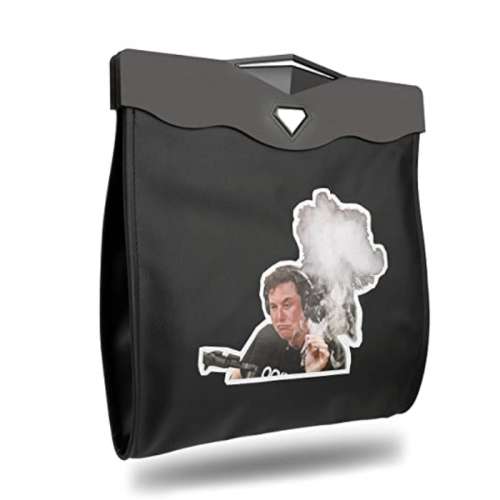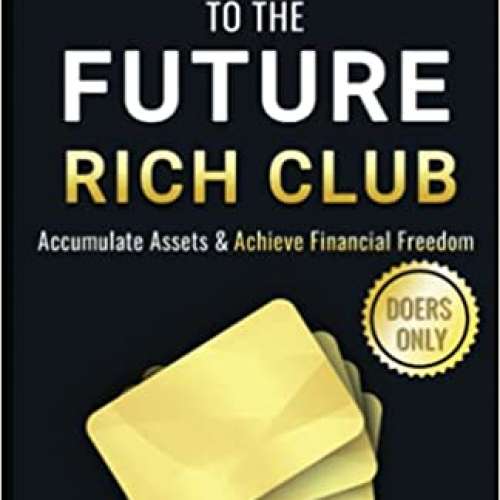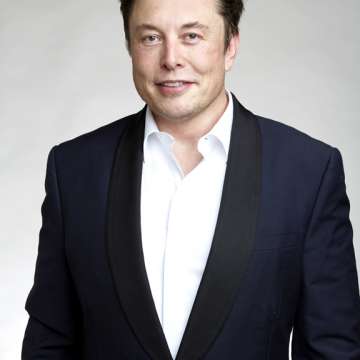

Elon Musk

I think we have a duty to maintain the light of consciousness to make sure it continues into the future.
Elon Reeve Musk is a South African-born American, entrepreneur, business giant, industrial designer and engineer. He is the founder, CEO, CTO and chief designer of SpaceX; early investor, CEO and product architect of Tesla, Inc.; founder of The Boring Company; co-founder of Neuralink; and co-founder and initial co-chairman of OpenAI. He was elected a Fellow of the Royal Society FRS in 2018. Also that year, he was ranked 25th on the Forbes list of The World's Most Powerful People, and was ranked joint-first on the Forbes list of the Most Innovative Leaders of 2019. As of November 29, 2020, his net worth is estimated by Forbes to be US$132.1 billion, making him the third-richest person in the world - and since then become the second - taking Bill Gates place. As CEO of Tesla, he is the longest tenured CEO in history of any automotive manufacturer globally.
Musk was born to a Canadian mother and South African father and raised in Pretoria, South Africa. He briefly attended the University of Pretoria before moving to Canada when he was 17 to attend Queen's University. He transferred to the University of Pennsylvania two years later, where he received dual bachelor's degrees in economics and physics. He moved to California in 1995 to begin a Ph.D. in applied physics and material sciences at Stanford University, but dropped out after two days to pursue a business career. He co-founded Zip2, a web software company, which was acquired by Compaq for $307 million in 1999. Musk then founded X.com, an online bank. It merged with Confinity in 2000, which had launched PayPal the previous year and was subsequently bought by eBay for $1.5 billion in October 2002.
In May 2002, Musk founded SpaceX, an aerospace manufacturer and space transport services company, of which he is CEO and lead designer. He joined Tesla Motors, Inc. now Tesla, Inc., an electric vehicle manufacturer, in 2004, the year after it was founded, becoming its product architect that year and its CEO in 2008. In 2006, he helped create SolarCity, a solar energy services company now a subsidiary of Tesla. In 2015, he co-founded OpenAI, a nonprofit research company that aims to promote friendly artificial intelligence. In July 2016, he co-founded Neuralink, a neurotechnology company focused on developing brain–computer interfaces. In December 2016, Musk founded The Boring Company, an infrastructure and tunnel construction company focused on tunnels optimized for electric vehicles. In addition to his primary business pursuits, he envisioned an open-source high-speed transportation system known as the Hyperloop based on the concept of a vactrain.
Musk has also been the subject of criticism due to unorthodox or unscientific stances and highly publicized controversies. After his submarine was rejected as a viable option for the 2018 Tham Luang cave rescue, he called a diver advising the rescue a "pedo guy". The diver sued Musk for defamation; a California jury ruled in favor of Musk. Also in 2018, he falsely tweeted that he had secured funding for a private takeover of Tesla at $420 a share. The U.S. Securities and Exchange Commission sued him for the comment; he temporarily stepped down from chairman and settled with the SEC; the settlement included limitations on his Twitter usage. Musk has also received substantial criticism for his views on artificial intelligence, public transportation, and the COVID-19 pandemic.
Early life and family
Elon Reeve Musk was born on June 28, 1971, in Pretoria, Transvaal, South Africa. His mother is Maye Musk née Haldeman, a model and dietitian born in Saskatchewan, Canada, but raised in South Africa. His father is Errol Musk, a South African electromechanical engineer, pilot, sailor, consultant and property developer. He has a younger brother who was an early business partner of his, Kimbal born 1972, and a younger sister, Tosca born 1974, the CEO of the video streaming site Passionflix. His maternal grandfather, Dr. Joshua Haldeman, was an American-born Canadian. His paternal grandmother had both British and Pennsylvania Dutch ancestry.
After his parents divorced in 1980, Musk lived mostly with his father in the suburbs of Pretoria, a choice he made two years after his parents separated but which he subsequently regretted. Musk has become estranged from his father, whom he has described as "a terrible human being... Almost every evil thing you could possibly think of, he has done." He also has a half-sister and a half-brother on his father's side.
You shouldn't do things differently just because they're different. They need to be... better.
During his childhood, Musk was an avid reader. At the age of 10, he developed an interest in computing while using the Commodore VIC-20. He learned computer programming using a manual and, by the age of 12, sold the code of a BASIC-based video game he created called Blastar to PC and Office Technology magazine for approximately $500. His childhood reading included Isaac Asimov's Foundation series, from which he drew the lesson that "you should try to take the set of actions that are likely to prolong civilization, minimize the probability of a dark age and reduce the length of a dark age if there is one".
Musk was severely bullied throughout his childhood and was once hospitalized after a group of boys threw him down a flight of stairs. He attended Waterkloof House Preparatory School and Bryanston High School before graduating from Pretoria Boys High School.
Although Musk's father insisted that Elon go to college in Pretoria, Musk became determined to move to the United States, saying "I remember thinking and seeing that America is where great things are possible, more than any other country in the world." Musk knew it would be easier to get to the United States from Canada and moved there against his father's wishes in June 1989, just before his 18th birthday, after obtaining a Canadian passport through his Canadian-born mother.
Education
While awaiting Canadian documentation, Musk attended the University of Pretoria for five months. Once in Canada, Musk entered Queen's University in 1989, avoiding mandatory service in the South African military. He left in 1992 to study economics and physics at the University of Pennsylvania; he graduated in 1997 with a Bachelor of Science BS degree in economics from the Wharton School and a Bachelor of Arts BA degree in physics from the College of Arts and Sciences.
In 1994, Musk held two internships in Silicon Valley during the summer: at an energy storage start-up called Pinnacle Research Institute, which researched electrolytic ultracapacitors for energy storage, and at the Palo Alto-based start-up Rocket Science Games. Bruce Leak, the former lead engineer behind Apple's QuickTime who had hired Musk, noted: "He had boundless energy. Kids these days have no idea about hardware or how stuff works, but he had a PC hacker background and was not afraid to just go figure things out."
In 1995, Musk was accepted to a Ph.D. program in energy physics/materials science at Stanford University in California. In California, Musk attempted to get a job at Netscape, but never received a response to his job inquiries. He ended up dropping out of Stanford after two days, deciding instead to join the Internet boom and launch an internet startup instead.
Business career
Zip2
In 1995, Musk and his brother Kimbal along with Greg Kouri started Zip2, a web software company, with money raised from a small group of angel investors. They housed the venture at a small rented office in Palo Alto. The company developed and marketed an internet city guide for the newspaper publishing industry, with maps, directions and yellow pages, with the vector graphics mapping and direction code being implemented by Musk in Java. Before the company became successful, Musk could not afford an apartment, instead sleeping on the office couch and showering at the YMCA. Furthermore, they could only afford one computer, and consequently, according to Musk, "The website was up during the day and I was coding it at night, seven days a week, all the time." Their efforts materialized when the Musk brothers obtained contracts with The New York Times and the Chicago Tribune, and persuaded the board of directors to abandon plans for a merger with CitySearch. Musk's attempts to become CEO were thwarted by the board. Compaq acquired Zip2 for US$307 million in cash in February 1999. Musk received US$22 million for his 7 percent share from the sale.
X.com and PayPal
In March 1999, Musk co-founded X.com, an online financial services and e-mail payment company, with US$10 million from the sale of Zip2. One year later, the company merged with Confinity, which had a money-transfer service called PayPal. The merged company focused on the PayPal service and was renamed PayPal in 2001. Musk was ousted in October 2000 from his role as CEO although he remained on the board due to disagreements with other company executives over his desire to move PayPal's Unix-based infrastructure to a Microsoft one. In October 2002, PayPal was acquired by eBay for US$1.5 billion in stock, of which Musk received US$165 million. Before its sale, Musk, who was the company's largest shareholder, owned 11.7% of PayPal's shares.
In 2017, Musk purchased the domain X.com from PayPal for an undisclosed amount, explaining that it had sentimental value to him.
SpaceX
Mars Oasis and the founding of SpaceX
In 2001, Musk conceived Mars Oasis, an idea to land a miniature experimental greenhouse on Mars, containing food crops growing on Martian regolith, in an attempt to reawaken public interest in space exploration. In October 2001, Musk traveled to Moscow with Jim Cantrell an aerospace supplies fixer, and Adeo Ressi his best friend from college, to buy refurbished Dnepr Intercontinental ballistic missiles ICBMs that could send the envisioned payloads into space. The group met with companies such as NPO Lavochkin and Kosmotras; however, according to Cantrell, Musk was seen as a novice and was consequently spat on by one of the Russian chief designers. The group returned to the United States empty-handed. In February 2002, the group returned to Russia to look for three ICBMs, bringing along Mike Griffin. Griffin had worked for the CIA's venture capital arm, In-Q-Tel, as well as NASA's Jet Propulsion Laboratory, and was just leaving Orbital Sciences, a maker of satellites and spacecraft. The group had another meeting with Kosmotras and were offered one rocket for US$8 million. Musk considered the price too high, and stormed out of the meeting. On the flight back from Moscow, Musk realized that he could start a company that could build the affordable rockets he needed. Ultimately, Musk founded SpaceX with the long-term goal of creating a true spacefaring civilization.
With US$100 million of his early fortune, Musk founded Space Exploration Technologies Corp., traded as SpaceX, in May 2002. Musk is CEO and CTO of the Hawthorne, California-based company. By 2016, Musk's private trust held 54% of SpaceX stock, equivalent to 78% of voting shares.
Flights to ISS and collaboration with NASA
In 2006, NASA announced that the company was one of two selected to provide crew and cargo resupply demonstration contracts to the International Space Station, followed by a US$1.6 billion Commercial Resupply Services program contract on December 23, 2008, for 12 flights of its Falcon 9 rocket and Dragon spacecraft to the Space Station, replacing the US Space Shuttle after it retired in 2011. On May 25, 2012, the SpaceX Dragon vehicle berthed with the ISS, making history as the first commercial company to launch and berth a vehicle to the International Space Station.
Starting in 2011, SpaceX received funding under NASA's Commercial Crew Development program, to develop the Dragon 2 crew capsule. A contract to provide crew flights to the ISS was awarded in 2014.
Musk believed the key to making space travel affordable was to make rockets reusable, though space industry experts On December 22, 2015, SpaceX successfully landed the first stage of its Falcon rocket back at the launch pad, the first time this had been achieved by an orbital rocket. The first stage recovery was replicated several times in 2016 by landing on an autonomous spaceport drone ship, an ocean-based recovery platform, and by the end of 2017, SpaceX had landed and recovered the first stage on 16 consecutive missions where a landing and recovery were attempted, including all 14 attempts in 2017. Twenty out of 42 first stage Falcon 9 boosters have been recovered overall since the Falcon 9 maiden flight in 2010.
In 2017 SpaceX launched 18 successful missions, more than doubling their highest previous year of 8.
On February 6, 2018, SpaceX successfully launched the Falcon Heavy, the fourth-highest capacity rocket ever built after Saturn V, Energia and N1. The inaugural mission carried a Tesla Roadster belonging to Musk as a dummy payload.
Starlink and further progress
SpaceX began development of the Starlink constellation of low Earth orbit satellites in 2015 to provide satellite Internet access, with the first two prototype test-flight satellites launched in February 2018. A second set of test satellites and the first large deployment of a piece of the constellation occurred on May 24, 2019 UTC when the first 60 operational satellites were launched. The total cost of the decade-long project to design, build, and deploy the constellation was estimated by SpaceX in May 2018 to be about US$10 billion.
Musk, who was influenced by Isaac Asimov's Foundation series, views space exploration as an important step in preserving and expanding the consciousness of human life, and argues that multiplanetary life may serve as a hedge against threats to the survival of the human species.
It's very important to like the people you work with, otherwise life [and] your job is gonna be quite miserable.
Space X's goal is to reduce the cost of human spaceflight by a factor of 10. In a 2011 interview, he said he hopes to send humans to Mars' surface within 10–20 years. In Ashlee Vance's biography, Musk stated that he wants to establish a Mars colony by 2040, with a population of 80,000 humans. Musk stated that, since Mars' atmosphere lacks oxygen, all transportation would have to be electric electric cars, electric trains, Hyperloop, electric aircraft. Musk stated in June 2016 that the first unmanned flight of the larger Interplanetary Spaceship was aimed for departure to the red planet in 2022, to be followed by the first manned ITS Mars flight departing in 2024. In September 2016, Musk revealed details of his architecture to explore and colonize Mars.
In late 2017, SpaceX unveiled the design for its next-generation launch vehicle and spacecraft system, Big Falcon Rocket BFR, that would support all SpaceX launch service provider capabilities with a single set of very large vehicles: Earth-orbit, Lunar-orbit, interplanetary missions, and even intercontinental passenger transport on Earth, and totally replace the Falcon 9, Falcon Heavy and Dragon vehicles in the 2020s. Starship will have a 9-meter 30 ft core diameter. Significant development on the vehicles began in 2017, with an initial prototype unveiled in September 2019, while the new rocket engine Raptor development began in 2012, with a first test flight performed in August 2019.
In a September 2018 announcement of a planned 2023 lunar circumnavigation mission, a private flight called #dearMoon project, Musk showed a redesigned concept for the BFR second stage and spaceship with three rear fins and two front canard fins added for atmospheric entry, replacing the previous delta wing and split flaps shown a year earlier. The revised BFR design was to use seven identically-sized Raptor engines in the second stage; the same engine model as would be used on the first stage. The second stage design had two small actuating canard fins near the nose of the ship, and three large fins at the base, two of which would actuate, with all three serving as landing legs. Additionally, SpaceX also stated later that September that they were "no longer planning to upgrade Falcon 9 second stage for reusability." The two major parts of the re-designed BFR were given descriptive names in November: "Starship" for the upper stage and "Super Heavy" for the booster stage, which Musk said was "needed to escape Earth's deep gravity well not needed for other planets or moons." As of October 2020, Musk was spending most of his time at the company's Boca Chica launch site leading the engineering work on Starship development.
Human flight
On May 30, 2020, SpaceX launched its first manned flight called Demo-2 becoming the first private company to both place a person into orbit and to eventually dock a crewed space-craft with the ISS. Further, the launch was the first time since the end of the Shuttle Program that an American astronaut has been launched from American soil on an American rocket.

During discourse with his peers when the technology of SpaceX was criticized or had the potential to cause fatalities, Elon Musk has described himself as the company's responsible chief engineer/designer, while giving the entire team at SpaceX credit for its success.
Tesla
Origins and master plan part one
Tesla, Inc. originally Tesla Motors was incorporated in July 2003 by Martin Eberhard and Marc Tarpenning, who financed the company until the Series A round of funding. Both men played active roles in the company's early development prior to Elon Musk's involvement. Musk led the Series A round of investment in February 2004, joining Tesla's board of directors as its chairman. According to Musk, all three, along with J. B. Straubel, were inspired by the earlier AC Propulsion tzero electric roadster prototype. Musk took an active role within the company and oversaw Roadster product design at a detailed level, but was not deeply involved in day-to-day business operations. Following the financial crisis in 2008 and after a series of escalating conflicts in 2007, Eberhard was ousted from the firm. Musk assumed leadership of the company as CEO and product architect in 2008, positions he still holds today. As of 2019, Elon Musk is the longest tenured CEO of any automotive manufacturer globally.
Tesla's "master plan", as iterated by Musk in 2006 was:
Build sports car. Use that money to build an affordable car. Use that money to build an even more affordable car. While doing above, also provide zero-emission electric power generation options.
Tesla Motors first built an electric sports car, the Tesla Roadster, in 2008, with sales of about 2,500 vehicles to 31 countries, which was the first serial production all-electric car to use lithium-ion battery cells. Tesla began delivery of its four-door Model S sedan on June 22, 2012. It unveiled its third product, the Model X, aimed at the SUV/minivan market, on February 9, 2012; however, the Model X launch was delayed until September 2015. In addition to its own cars, Tesla sold electric powertrain systems to Daimler for the Smart EV, Mercedes B-Class Electric Drive and Mercedes A Class, and to Toyota for the RAV4 EV. Musk was able to bring in both Daimler and Toyota as long-term investors in Tesla.
Product line expansion and master plan part two
Musk favored building a more affordable Tesla model; this led to the Model 3 that was unveiled in 2016, with a planned base price of US$35,000. Initial deliveries began in 2017, with the US$35,000 base model becoming available in February 2019. As of March 2020, the Tesla Model 3 is the world's best-selling electric car in history, with more than 500,000 units delivered. Musk originally intended to name the Model 3 as the Model E but was blocked by Ford which held the trademark, with Musk concluding that "Ford was killing SEX".
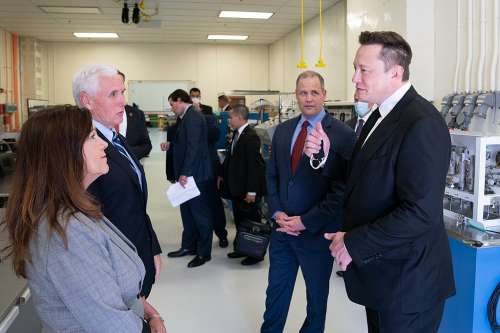
In 2014, Musk announced that Tesla would allow its technology patents to be used by anyone in good faith in a bid to entice automobile manufacturers to speed up the development of electric cars. "The unfortunate reality is electric car programs or programs for any vehicle that doesn't burn hydrocarbons at the major manufacturers are small to non-existent, constituting an average of far less than 1% of their total vehicle sales," Musk said.
In February 2016, Musk announced that he had acquired the Tesla.com domain name from Stu Grossman, who had owned it since 1992, and changed Tesla's homepage to that domain.
Anticipating that the global lithium-ion battery supply was insufficient for their planned electric car output, a lithium-ion battery factory that would more than double existing global output was planned. On July 29, 2016 the first phase of Gigafactory 1, a lithium-ion battery and electric vehicle subassembly factory, was officially opened near Reno, Nevada, by Tesla in partnership with Panasonic. As of May 2020, Gigafactory 1 produces 35 GWh/year of batteries.
In July 2016, Musk released Tesla's "master plan part 2":
In July 2016, Tesla began developing Autopilot, their advanced driver-assistance system, in-house after Mobileye ended its partnership with Tesla, citing safety concerns following a fatal crash in May 2016 where the driver of a Model S using Autopilot was killed.
In September 2017, Musk arranged a contract with the government of South Australia for Tesla Energy to install the Hornsdale power reserve which was then the world's largest lithium ion battery pack to help alleviate energy blackouts in the state. The terms included a guarantee that it would be installed in 100 days or would be free. This deadline was achieved and the resulting battery exceeded expected performance and returns, despite skepticism from Australian federal politicians.
SEC lawsuit
In September 2018, Musk was sued by the U.S. Securities and Exchange Commission for a tweet claiming that funding had been secured for potentially taking Tesla private at a price of $420 a share, an alleged reference to marijuana. The lawsuit claimed that verbal discussions Musk held with foreign investors in July 2018 did not confirm key deal terms and thus characterized the tweet as false, misleading, and damaging to investors, and sought to bar Musk from serving as CEO of publicly traded companies. Musk called the allegations unjustified and that he had never compromised his integrity. Two days later, Musk settled with the SEC, without admitting or denying the SEC's allegations. As a result, Musk and Tesla were fined $20 million each, and Musk was forced to step down for three years as Tesla chairman, but he was able to remain as Tesla's CEO.
Musk has stated in several interviews since that he does not regret sending the tweet that triggered the SEC investigation. According to Reuters, Musk said the tweet was "Worth It". According to ABC News, "As recently as Oct. 4, 2018, Musk issued a sarcastic tweet, describing the agency as the 'Shortseller Enrichment Commission,' despite having agreed to settlement terms a week earlier that his company, Tesla, would monitor his tweets and other communications." In a December 2018 interview with CBS's 60 Minutes, Musk stated, "I want to be clear. I do not respect the SEC." On February 19, 2019, according to Forbes, Musk stated in a tweet that Tesla would build half a million cars in 2019. The SEC reacted to Musk's tweet by filing in court, initially asking the court to hold him in contempt for violating the terms of a settlement agreement with such a tweet, which was disputed by Musk. This was eventually settled by a joint agreement between Musk and the SEC clarifying the previous agreement details. The agreement included a list of topics that Musk would need preclearance before tweeting about. On May 19, 2020, a judge prevented a lawsuit from proceeding that claimed Musk's tweet on May 1 regarding the price of Tesla stock "too high imo" was in violation of the agreement.
Gigafactory Shanghai, Cybertruck
In January 2019, Musk traveled to China for the groundbreaking of Tesla's Shanghai Gigafactory, which is the company's first large-scale plant outside the U.S. As part of his visit to China, Musk also met the Chinese premier Li Keqiang. During their exchange, Musk expressed his admiration for China and wished he could visit China more often, to which the Chinese premier was quoted as saying "We can issue you a Chinese green card if that helps." The time from the initial ground-breaking to the production of first cars at the Shanghai Gigafactory was achieved in under one year.
In November 2019, Musk unveiled the Tesla Cybertruck, an all-electric battery-powered pickup truck. The reveal was in Los Angeles—the same time and location that the 1982 science fiction film Blade Runner was set. Blade Runner was one of Musk's design inspirations for the Cybertruck. The Cybertruck is slated to start commercial production in late 2021.
Ownership of Tesla
As of January 29, 2016, Musk owned about 28.9 million Tesla shares, which equated to about 22% of the company. In January 2018, Musk was granted an option to buy up to 20.3 million shares if Tesla's market value were to rise to $650 billion. Majority shareholder approval for this package was approved in March 2018. The grant was also meant to end speculation about Musk's potential departure from Tesla to devote more time to his other business ventures. A report by advisory firm Glass Lewis & Co. to its clients argued against granting the options. As of December 31, 2019, Musk owns 38,658,670 shares or 20.8% of all Tesla shares.
SolarCity
Musk provided the initial concept and financial capital for SolarCity, which was then co-founded in 2006 by his cousins Lyndon and Peter Rive. By 2013, SolarCity was the second largest provider of solar power systems in the United States. In 2012, Musk announced that SolarCity and Tesla would collaborate to use electric vehicle batteries to smooth the impact of rooftop solar on the power grid, with the program going live in 2013.
In June 2014, Musk committed to building a SolarCity advanced production facility in Buffalo, New York, that would triple the size of the largest solar plant in the United States. Musk stated the plant will be "one of the single largest solar panel production plants in the world," and it will be followed by one or more even bigger facilities in subsequent years. The Tesla Gigafactory 2 is a photovoltaic PV cell factory, leased by Tesla subsidiary SolarCity in Buffalo, New York. Construction on the factory started in 2014 and was completed in 2017. Tesla accepted $750 million in public funds from New York Governor Andrew Cuomo as part of the Buffalo Billion project—a plan to invest money to help the economy of the Buffalo, New York area—to build the factory and infrastructure. The factory was operated as a joint venture with Panasonic until early 2020.
Tesla acquired SolarCity for over $2 billion in 2016 and converted it into its solar division; the announcement of the deal resulted in a more than 10% drop in Tesla's stock price. At the time, SolarCity was facing liquidity issues; however, Tesla shareholders were not informed. Consequently, multiple shareholder groups have filed a lawsuit against Musk and Tesla's directors, claiming that the purchase of SolarCity was done solely to benefit Musk and came at the expense of Tesla and its shareholders. During a June 2019 court deposition, Musk acknowledged that the company reallocated every possible employee from the solar division to work on the Model 3, and, according to Musk, "as a result, solar suffered." This had not previously been disclosed to shareholders. Court documents unsealed in 2019 have confirmed that Musk was also aware of the company's liquidity issues. Tesla directors settled the lawsuit in January 2020, leaving Musk the sole remaining defendant.
Hyperloop
On August 12, 2013, Musk unveiled a concept for a high-speed transportation system incorporating reduced-pressure tubes in which pressurized capsules ride on an air cushion driven by linear induction motors and air compressors. The alpha design for the system was published in a whitepaper posted to the Tesla and SpaceX blogs. The document scoped out the technology and outlined a notional route where such a transport system might be built: between the Greater Los Angeles Area and the San Francisco Bay Area, at an estimated total cost of US$6 billion.
Musk's proposal, if technologically feasible at the costs he has cited, would make Hyperloop travel cheaper than any other mode of transport for such long distances.
Musk had envisioned the system in approximately 2011, and assigned a dozen engineers from Tesla and SpaceX who worked part-time for nine months, establishing the conceptual foundations and creating the designs which resulted in the 2013 whitepaper.
In June 2015, Musk announced a design competition for students and others to build Hyperloop pods to operate on a SpaceX-sponsored mile-long track in a 2015–2017 Hyperloop pod competition. The track was used in January 2017, and Musk also started building a tunnel.
Hyperloop One, a company unaffiliated with Musk, announced in July 2017 that it had its first successful test run on its DevLoop track in Nevada, which had lasted 5.3 seconds and reached a top speed of 70 mph.
In July 2017, Musk claimed that he had received "verbal government approval" to build a hyperloop from New York City to Washington, D.C., stopping in both Philadelphia and Baltimore.
OpenAI
In December 2015, Musk announced the creation of OpenAI, a not-for-profit artificial intelligence AI research company. OpenAI aims to develop artificial general intelligence in a way that is safe and beneficial to humanity.
By making AI available to everyone, OpenAI wants to "counteract large corporations who may gain too much power by owning super-intelligence systems devoted to profits, as well as governments which may use AI to gain power and even oppress their citizenry." Musk has stated he wants to counteract the concentration of power. In 2018 Musk left the OpenAI board to avoid possible future conflicts with his role as CEO of Tesla as Tesla increasingly became involved in AI through Tesla Autopilot.
In an interview with Joe Rogan in September 2018, Musk expressed his concerns about the dangers of developing artificial intelligence indiscriminately. In January 2019, Mark Harris of The Guardian noted that the Musk foundation had "added a line to its website, stating its support for the "development of safe artificial intelligence to benefit humanity".
Neuralink
In 2016, Musk co-founded Neuralink, a neurotechnology start-up company to integrate the human brain with artificial intelligence. The company is centered on creating devices that can be implanted in the human brain, with the eventual purpose of helping human beings merge with software and keep pace with advancements in artificial intelligence. These enhancements could improve memory or allow more direct interfacing with computing devices.
Some people don't like change, but you need to embrace change if the alternative is disaster.
Musk sees Neuralink and OpenAI as related: "OpenAI is a nonprofit dedicated to minimizing the dangers of artificial intelligence, while Neuralink is working on ways to implant technology into our brains to create mind-computer interfaces."
At a live demonstration in August 2020, Musk described one of their early devices as "a Fitbit in your skull" which could soon cure paralysis, deafness, blindness, and other disabilities. Many neuroscientists and publications criticized these claims. For example, MIT Technology Review described them as "highly speculative" and "neuroscience theater".
The Boring Company
On December 17, 2016, while stuck in traffic, Musk tweeted " am going to build a tunnel boring machine and just start digging ..." The company was named 'The Boring Company' TBC. On January 21, 2017, Musk tweeted "Exciting progress on the tunnel front. Plan to start digging in a month or so." Discussions with regulatory bodies began in January 2017.
In February 2017, the company began digging a 30-foot 9.1 m wide, 50-foot 15 m long, and 15-foot 4.6 m deep "test trench" on the premises of Space X's offices in Los Angeles, since the construction requires no permits. Musk had said in early 2017 that a 10-fold decrease in tunnel boring cost per mile is necessary for economic feasibility of the proposed tunnel network.
As a merchandising and publicity stunt, Musk said TBC sold 2,000 "flamethrowers" in 2018, allegedly inspired by the Mel Brooks-directed film Spaceballs 1987.
Other efforts
Tham Luang cave rescue and defamation case
In July 2018, Musk arranged for employees of his to build a small rescue pod to assist rescuers during the Tham Luang cave rescue. Musk, responding to requests for help from Twitter users, offered help and his The Boring Company contacted the Thai government. Richard Stanton, leader of the international rescue diving team, also urged Musk to continue construction of the mini-submarine as a back-up, in case flooding worsened.

Named "Wild Boar" after the children's soccer team, its design, based on dive team feedback, was a five-foot 1.5 m-long, twelve-inch 300 mm-inch wide sealed tube weighing about 90 pounds 41 kg propelled manually by divers in the front and back with segmented compartments to place diver weights to adjust buoyancy, intended to solve the problem of safely transporting the children who might have had difficulty learning the scuba skills required to exit the cave on their own without panicking. In case the mini-submarine could not fit through the cave system, Elon Musk also requested Wing Inflatables, a California-based inflatable boat manufacturer, to build inflatable escape pods. Engineers at Musk's companies SpaceX and The Boring Company built the mini-submarine out of a Falcon 9 liquid oxygen transfer tube in 8 hours and personally delivered it to Thailand. However, by this time, eight of the twelve children had already been rescued using full face masks and oxygen under anesthesia and Thai authorities decided not to use the submarine.
Elon Musk was one of 113 foreigners recognized for the rescue by the King of Thailand in March 2019 with various awards, with Musk receiving an Order of the Direkgunabhorn.
Device viability and backlash
The supervisor of the rescue operation Narongsak Osatanakorn stated that the submarine was "technologically sophisticated, it doesn't fit with our mission to go in the cave". Vernon Unsworth, a recreational caver who had been exploring the cave for the previous six years and who had played a key advisory role in the rescue, criticized the submarine on CNN as amounting to nothing more than a public relations effort with no chance of success, and that Musk "had no conception of what the cave passage was like" and "can stick his submarine where it hurts". Musk asserted on Twitter that the device would have worked and referred to Unsworth as "pedo guy", causing backlash against Musk. He subsequently deleted the tweets, along with an earlier tweet in which he told another critic of the device, "Stay tuned jackass." On July 16, Unsworth stated that he was considering legal action in relation to Musk's comments.
Two days later, Musk issued an apology for his remarks. Then, on August 28, 2018, in response to criticism from a writer on Twitter, Musk tweeted "You don't think it's strange he hasn't sued me?" The following day, a letter from L. Lin Wood, the rescuer's attorney, dated August 6, emerged, showing that he had been making preparations for a libel lawsuit.
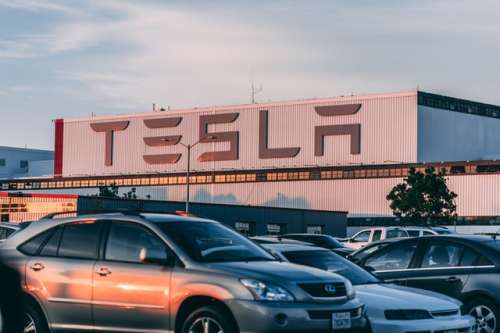
Around this time, James Howard-Higgins emailed Musk claiming to be a private investigator and with an offer to "dig deep" into Unsworth's past, which Musk accepted; Higgins was later revealed to be a convicted felon with multiple counts of fraud. On August 30, using details produced during the alleged investigation, Musk sent a BuzzFeed News reporter who had written about the controversy an email prefaced with "off the record" and claimed that Unsworth is a "single white guy from England who's been traveling to or living in Thailand for 30 to 40 years... until moving to Chiang Rai for a child bride who was about 12 years old at the time." On September 5, the reporter tweeted a screenshot of the email, saying that "Off the record is a two-party agreement," which he "did not agree to."
In mid-September, Unsworth filed a defamation suit in Los Angeles federal court. In his defense, Musk argued that in slang usage "'pedo guy' was a common insult used in South Africa when I was growing up... synonymous with 'creepy old man' and is used to insult a person's appearance and demeanor." The defamation case began on December 4, 2019, in Los Angeles, with Unsworth seeking $190 million in damages. During the trial Musk apologized to Unsworth again for the initial tweet. On December 6 the jury found in favor of Musk and ruled he was not liable; Musk commented: "My faith in humanity is restored."
Music ventures
On March 30, 2019, Musk released a rap track, "RIP Harambe", on SoundCloud under the name "Emo G Records". The track was performed by Yung Jake, written by Yung Jake and Caroline Polachek, and produced by BloodPop. On January 30, 2020, Musk released an EDM track, "Don't Doubt Ur Vibe", featuring his own lyrics and vocals. Guardian critic Alexi Petridis described it as "indistinguishable... from umpteen competent but unthrilling bits of bedroom electronica posted elsewhere on Soundcloud" and TechCrunch said it was "not a bad representation of the genre".
2018 Joe Rogan podcast appearance
On September 6, 2018, Musk appeared on The Joe Rogan Experience podcast and discussed various topics for over two hours. One of the highest profile and controversial aspects of the program was Musk's sampling a single puff from a cigar consisting, Rogan claimed, of tobacco laced with cannabis. To Rogan's inquiry on how often he smoked cannabis, Musk replied: "Almost never. I know a lot of people like weed and that's fine, but I don't find that is very good for productivity... not for me." The Washington Post observed that, "In the media's hands, it became a story about Musk's growing instability."
Tesla stock dropped after the incident, which coincided with the confirmation of the departure of Tesla's Vice President of Worldwide Finance Justin McAnear earlier that day. Fortune wondered if the cannabis use could have ramifications for SpaceX contracts with the United States Air Force, though a USAF spokesperson told The Verge that there was no investigation being carried out and that the Air Force is still processing the situation. In an interview on 60 Minutes, Musk said of the cannabis-smoking incident: "I do not smoke pot. As anybody who watched that podcast could tell, I have no idea how to smoke pot."
Views
Politics
Political parties and the US in general
Politically, Musk has described himself as "half Democrat, half Republican" and "I'm somewhere in the middle, socially liberal and fiscally conservative." In 2018, he stated that he was "not a conservative. I'm registered independent politically moderate." Prompted by the emergence of artificial intelligence, Musk has voiced support for a universal basic income; he additionally backs direct democracy and has stated he thinks the government on Mars will be a direct democracy. He has described himself as a "socialist", but "not the kind that shifts resources from most productive to least productive, pretending to do good, while actually causing harm"—arguing instead, "true socialism seeks greatest good for all." He supports targeting an inclusive tax rate of 40%, prefers consumption taxes to income taxes, and supports the estate tax, as the "probability of progeny being equally excellent at capital allocation is not high."
In an interview with The Washington Post, Musk stated he was a "significant though not top-tier donor to Democrats," but that he also gives heavily to Republicans. Musk further stated that political contributions are a requirement in order to have a voice in the United States government. A 2012 report from the Sunlight Foundation, a nonpartisan group that tracks government spending, found that since 2002, SpaceX had spent more than US$4 million on lobbying the United States Congress and more than US$800,000 in political contributions to Democrats and Republicans. As for Musk specifically, the same report said that "SpaceX's campaign to win political support has been systematic and sophisticated," and that "unlike most tech-startups, SpaceX has maintained a significant lobbying presence in Washington almost since day 1." and that "Musk himself has donated roughly US$725,000 to various campaigns since 2002. In 2004, he contributed US$2,000 to President George W. Bush's reelection campaign, maxing out over US$100,000 to Barack Obama's reelection campaign and donated US$5,000 to Republican Sen. Marco Rubio, who represents Florida, a state critical to the space industry. All told, Musk and SpaceX gave out roughly US$250,000 in the 2012 election cycle."
Musk has described the United States as " the greatest country that has ever existed on Earth," describing it as "the greatest force for good of any country that's ever been." Musk believes democracy would not exist any longer if not for the United States, saying that it prevented this disappearance on three occasions through its participation in World War I, World War II, and the Cold War. Musk also stated that he thinks "it would be a mistake to say the United States is perfect, it certainly is not. There have been many foolish things the United States has done and bad things the United States has done."
President Trump and support of 2020 presidential candidates
Before the election of Donald Trump as President of the United States, Musk criticized candidate Trump by saying: "I feel a bit stronger that he is probably not the right guy. He doesn't seem to have the sort of character that reflects well on the United States." Following Donald Trump's inauguration, Musk expressed approval of Trump's choice of Rex Tillerson as Secretary of State and accepted an invitation to participate in two councils advising President Trump. Regarding his cooperation with Trump, Musk has subsequently commented: "The more voices of reason that the President hears, the better." He subsequently resigned from both business advisory councils in June 2017, in protest at Trump's decision to withdraw the United States from the Paris Agreement on climate change, stating: "Climate change is real. Leaving Paris is not good for America or the world". In May 2020, amidst Musk's restarting of Tesla assembly plant production during the COVID-19 pandemic, Trump tweeted in support of Musk, which Musk welcomed and publicly thanked him for on Twitter.

In August 2019, Musk came out on Twitter in support of the 2020 Democratic presidential candidate Andrew Yang, whose platform revolves around the ongoing problem of job displacement through technological automation and artificial intelligence. Musk said in a tweet that universal basic income, which Yang supports, is "obviously needed." Musk went on to voice support for Kanye West's independent run for president in July 2020.
Short-selling and subsidies
Musk is a longtime opponent of short-selling. He has repeatedly criticized the practice and argued it should be illegal. He has engaged with short-selling critics via social media and used Tesla merchandise as a means of mocking those who short the Tesla stock. In lighter moments, Musk has openly joked with well-known short-seller David Einhorn using puns on "short" and arranged to sell commemorative short shorts on Tesla's website for $69.42.
On the topic of subsidizing companies, Musk has stated that he does not believe the U.S. government should provide subsidies to companies but should instead use a carbon tax to price in the negative externality of climate change and discourage poor behavior. Musk says that the free market would achieve the best solution, and that producing environmentally unfriendly vehicles should come with its own consequences.
Musk's statements have been criticized, with Stanford University Professor Fred Turner noting that "if you're an entrepreneur like Elon Musk, you will take the money where you can get it, but at the same time believe as a matter of faith that it's entrepreneurship and technology that are the sources of social change, not the state. It is not quite self-delusion, but there is a habit of thinking of oneself as a free-standing, independent agent, and of not acknowledging the subsidies that one received. And this goes on all the time in Silicon Valley." Author Michael Shellenberger argued that "in the case of Musk, it is hard not to read that as a kind of defensiveness. And I think there is a business reason for it. They are dealing with a lot of investors for whom subsidies are not the basis for a long-term viable business, and they often want to exaggerate the speed with which they are going to be able to become independent." Shellenberger continues, "we would all be better off if these entrepreneurs were a bit more grateful, a bit more humble." While journalist and author Jim Motavalli, who interviewed Musk for High Voltage, his 2011 book about the electric vehicle industry, speculated that "Elon is now looking at it from the point of view of a winner, and he doesn't want to see other people win because they get government money—I do think there is a tendency of people, once they have succeeded, to want to pull the ladder up after them."
In 2015, Musk's statements were subject to further scrutiny when an Los Angeles Times article claimed that SpaceX, Tesla, SolarCity, and buyers of their products had or were projected to receive together an estimated US$4.9 billion in government subsidies over twenty years. One example given is New York state, which is spending $750 million to build a solar panel factory in Buffalo which will be leased to SolarCity for $1 a year. The deal also includes no property taxes for a decade, an estimated $260 million valuation. Tesla's former vice president of business development and former U.S. State Department official, Diarmuid O’Connell, was the automaker's lead negotiator.
Other issues and controversy
In July 2020, Musk tweeted "Pronouns suck" to significant backlash on Twitter, including from Musk's partner Grimes, who responded that she "cannot support hate" in a since-deleted tweet. The tweet has been perceived by some as transphobic and an attack on non-binary identities.
In August 2020, Musk responded to a tweet linking to an article about the Make Billionaires Pay Act sponsored by Sen. Bernie Sanders with a meme that depicted an image of Sanders along with the text "OFFICIAL BERNIE SANDERS DRINKING GAME! Every time The Bernster mentions a free government program, chug somebody else's beer!" Sanders's account responded to the meme in part with "Elon just l-o-v-e-s corporate socialism for himself, rugged capitalism for everyone else."
Artificial intelligence
Musk has frequently spoken about the potential dangers of artificial intelligence, calling it "the most serious threat to the survival of the human race". During a 2014 interview at the MIT AeroAstro Centennial Symposium, Musk described AI as humanity's largest existential threat, further stating, "I'm increasingly inclined to think that there should be some regulatory oversight, maybe at the national and international level, just to make sure that we don't do something very foolish." Musk described the creation of artificial intelligence as "summoning the demon".
Despite this, Musk invested in DeepMind, an AI firm, and Vicarious, a company working to improve machine intelligence. In January 2015, he donated $10 million to the nonprofit Future of Life Institute, an organization focused on challenges posed by advanced technologies. He was previously the co-chairman of OpenAI, a nonprofit artificial intelligence research company.
Don't delude yourself into thinking something's working when it's not, or you're gonna get fixated on a bad solution.
Musk has said that his investments are "not from the standpoint of actually trying to make any investment return... I like to just keep an eye on what's going on with artificial intelligence. I think there is potentially a dangerous outcome there. There have been movies about this, you know, like Terminator. There are some scary outcomes. And we should try to make sure the outcomes are good, not bad."
Musk's opinions about artificial intelligence have brought him some controversy. He and Facebook founder Mark Zuckerberg have clashed, with the latter calling his warnings "pretty irresponsible". Musk responded to Zuckerberg's censure by saying that following a discussion he had about AI with Zuckerberg he was of the opinion that Mark had only a "limited understanding" of the subject. In 2014, Slate's Adam Elkus argued that current AIs were as intelligent as a toddler, and only in certain fields, going on to say that Musk's "summoning the demon" analogy may be harmful because it could result in significant cuts to AI research budgets. In June 2016, when asked whether he thinks humans live in a computer simulation, perhaps controlled by a vast AI, he stated that "the odds that we're in 'base reality' is one in billions." Harvard physicist Lisa Randall disputes this and has argued the probability of us living in a simulation is "effectively zero".
The Information Technology and Innovation Foundation ITIF, a Washington D.C. think-tank, awarded its Annual Luddite Award to "alarmists touting an artificial intelligence apocalypse"; its president, Robert D. Atkinson, complained that Musk and others say AI is the largest existential threat to humanity. Atkinson stated "That's not a very winning message if you want to get AI funding out of Congress to the National Science Foundation." Nature, referring to the award said that "concerns over AI are not simply fear-mongering" and concluded: "It is crucial that progress in technology is matched by solid, well-funded research to anticipate the scenarios it could bring about ... If that is a Luddite perspective, then so be it." Facebook's AI head, Jerome Persati, said that Musk has "no idea what he is talking about when he talks about AI", with CNBC reporting that Musk is "not always looked upon favorably" by the AI research community.
Public transport
At a Tesla event on the sidelines of the Conference on Neural Information Processing Systems in December 2017, Musk stated that:
I think public transport is painful. It sucks. Why do you want to get on something with a lot of other people, that doesn't leave where [sic] you want it to leave, doesn't start where you want it to start, doesn't end where you want it to end? And it doesn't go all the time. [...] It's a pain in the ass. That's why everyone doesn't like it. And there's like a bunch of random strangers, one of who might be a serial killer, OK, great. And so that's why people like individualized transport, that goes where you want, when you want.
Afterwards, he dismissed an audience member's response that public transportation functioned effectively in Japan.
His comment sparked widespread criticism from both public and transit experts. Urban planning expert Brent Toderian started the hashtag #GreatThingsThatHappenedonTransit which was widely adopted by Twitter users in order to dispel Musk's notion that everybody hated public transport. Yonah Freemark, an urbanist and journalist specializing in planning and transportation, summarized Musk's views on public transport as "It's terrible. You might be killed. Japanese trains are awful. Individualized transport for everyone! Congestion? Induced demand? Climate change impacts? Unwalkable streets? Who cares!"
Jarrett Walker, a known public transport expert and consultant from Portland, said that "Musk's hatred of sharing space with strangers is a luxury or pathology that only the rich can afford", referring to the theory that planning a city around the preferences of a minority yields an outcome that usually does not work for the majority. Musk responded with "You're an idiot", later saying "Sorry ... Meant to say 'sanctimonious idiot'." The exchange received a significant amount of media attention and prompted Nobel laureate Paul Krugman to comment on the controversy, saying that "You're an idiot" is "Elon Musk's idea of a cogent argument".
COVID-19 pandemic
Musk has received criticism over his views on and actions related to the COVID-19 pandemic. He has been accused of spreading misinformation about the virus by Dr Angela Rasmussen, a virologist and associate research scientist at the Center of Infection and Immunity at the Columbia University School of Public Health. In early 2020, Musk likened some aspects of COVID-19 to the common cold and stated that "the coronavirus panic is dumb", and "danger of panic still far exceeds danger of corona imo. If we over-allocate medical resources to corona, it will come at expense of treating other illnesses". Musk has additionally been criticized for tweeting contentious claims on the disease, including that "Kids are essentially immune, but elderly with existing conditions are vulnerable", which he accompanied with a graphic showing that no children had died in Italy by March 15 and for saying "Based on current trends, probably close to zero new cases in US too by end of April." In addition, he promoted articles which suggested that healthcare companies were inflating COVID-19 case numbers for financial reasons, promoted a paper on the benefits of chloroquine that was subsequently widely discredited and pulled down by Google, and retweeted a video calling for an immediate end to social distancing measures, adding "[d]ocs make good points".
When the Alameda County Sheriff ordered all non-essential businesses to shut down, Musk and Tesla initially refused to comply, arguing that vehicle manufacturing and energy infrastructure are critical sectors, citing the U.S. Department of Homeland Security. Musk called the lockdown 'fascist' on a Tesla earnings call stating:
So, the extension of the shelter-in-place, and frankly I would call it forcibly imprisoning people in their homes against all their constitutional rights — my opinion — and erasing people's freedoms in ways that are horrible and wrong, and not why people came to America or built this country.
Musk later sent out numerous tweets opposing mandatory lockdowns such as "FREE AMERICA NOW." On May 11, Musk reopened Tesla's Fremont production line in defiance and violation of Alameda County's orders and tweeted that "Tesla is restarting production today against Alameda County rules. I will be on the line with everyone else. If anyone is arrested, I ask that it only be me." Musk also announced that Tesla would be moving headquarters to Texas or Nevada and that Tesla had filed a lawsuit against Alameda County challenging its "shutdown" of the Fremont factory; the suit was subsequently withdrawn. The Alameda County Public Health Department explained it was waiting on a plan that Tesla had promised to provide on May 11 that would walk through how it would protect workers' health during the coronavirus pandemic. An opening date of Monday, May 18 had been penciled in for Tesla pending approval — the same date that Fiat Chrysler, Ford Motor Company, and General Motors were also due to restart production.

In March and April 2020, Musk offered to donate ventilators built by Tesla to third-world countries: "We will give away all our ventilators, whether we buy them or build them." He received widespread requests from dignitaries around the world, including the Ukrainian Health minister, Bolivia's Ambassador for Science and Technology to Silicon Valley, and Nigeria's Ministry of Finance. When asked about what they received from Musk, California hospital representatives noted that they received CPAP machines made by ResMed instead and not "full ventilators," though they expressed gratitude nonetheless. Musk last mentioned Tesla was working on its own brand of ventilator in late March 2020.
On November 16, 2020, the phrase "Space Karen" began to trend on Twitter after a scientist referred to Musk as such over comments he made questioning the effectiveness of COVID-19 testing and suggested he "didn't read up on the test" before complaining. Several days earlier, Musk said he had "most likely" contracted COVID-19.
Personal life
Philanthropy
Musk is chairman of the Musk Foundation, which states its purpose is to provide solar-power energy systems in disaster areas as well as other goals. In 2010, the Musk Foundation collaborated with SolarCity to donate a 25 kW solar power system to the South Bay Community Alliance's hurricane response center in Coden, Alabama. In July 2011, the Musk Foundation donated US$250,000 toward a solar power project in Sōma, Japan, a city that had been recently devastated by a tsunami. Musk is also a trustee of the X Prize Foundation and a signatory of The Giving Pledge.
In July 2014, Musk was asked by cartoonist Matthew Inman and William Terbo, the grandnephew of Nikola Tesla, to donate US$8 million toward the construction of the Tesla Science Center at Wardenclyffe. Ultimately, Musk agreed to donate US$1 million toward the project and additionally pledged to build a Tesla Supercharger in the museum car park. In January 2015, Musk donated US$10 million to the Future of Life Institute to run a global research program aimed at keeping artificial intelligence beneficial to humanity.
In October 2018, in an effort to help solve the Flint water crisis, Musk and the Musk Foundation donated over $480,000 to install new water fountains with filtration systems for access to clean water at all Flint, Michigan schools. As of 2019, approximately 30,000 children in all 12 area schools have free, safe drinking water from the water filtration systems. Musk has been a top donor for the ACLU. In October 2019, Musk donated US$1 million to '#TeamTrees' a tree planting initiative to plant 20 million trees led by the YouTube community and in collaboration with Arbor Day Foundation.
Relationships
Musk met his first wife, Canadian author Justine Wilson, while both were students at Ontario's Queen's University. They married in 2000 and separated in 2008. Their first son died of sudden infant death syndrome SIDS at the age of 10 weeks. They later had five sons through in vitro fertilization—twins in 2004, followed by triplets in 2006. They share custody of all five sons.
In 2008, Musk began dating English actress Talulah Riley, and in 2010, the couple married. In January 2012, Musk announced that he had ended his four-year relationship with Riley, tweeting to Riley, "It was an amazing four years. I will love you forever. You will make someone very happy one day." In July 2013, Musk and Riley remarried. In December 2014, Musk filed for a second divorce from Riley; however, the action was withdrawn. The media announced in March 2016 that divorce proceedings were again underway, this time with Riley filing for divorce from Musk. The divorce was finalized in late 2016.
On May 7, 2018, Musk and Canadian musician Grimes revealed that they had begun dating. On January 8, 2020, Grimes announced that she was pregnant with their first child. Grimes gave birth to a son on May 4, 2020. According to Musk and Grimes, his name was "X Æ A-12" pronounced /ˈɛks.æʃˌeɪ.twɛlv/ EKS-ash-AY-twelv; however, the name was deemed illegal under California law, because it contained characters that are not in the modern English alphabet, and was then changed to "X Æ A-Xii". This drew more confusion, as Æ is not a letter in the modern English alphabet. The child was eventually named "X AE A-XII", with "X" as a first name and "AE A-XII" as a middle name.
In popular culture
In Iron Man 2 2010, Musk met Tony Stark Robert Downey Jr. in a restaurant, and had a brief line regarding an "idea for an electric jet." In 2018, it was reported that Musk helped Robert Downey Jr. get into character for his role in Iron Man in the Marvel Cinematic Universe.
In January 2015, Musk made a guest appearance playing himself on The Simpsons in an episode titled "The Musk Who Fell to Earth"; the episode poked fun at many of Musk's ideas. In November 2015, Musk appeared in an episode of The Big Bang Theory, as himself volunteering at a soup kitchen with Wolowitz. Musk also appeared as himself in a November 2017 of The Big Bang Theory spin-off prequel series Young Sheldon.
Musk was featured in the 2015 environmental documentary Racing Extinction, in which a custom Tesla Model S was designed to help project images of critically endangered species onto public buildings, including the Empire State Building and the Vatican. Musk also appeared in the Werner Herzog-directed documentary Lo and Behold 2016.
In 2016, Musk voiced himself in several episodes of South Park including the episode "Members Only". Later that year, Musk appeared as himself in the romantic comedy film Why Him? where he was briefly met by one of the main characters, Ned Flemming played by Bryan Cranston, in a bar at a party. In December 2016, Robby in New Girl refers to saving a life, and when asked who, responds "Do you know who Elon Musk is?" Also in 2016, Musk was referenced by Dr. Martin Stein on The CW time-travel TV show DC's Legends of Tomorrow.
In October 2017, Musk was mentioned as being part of the shared Star Trek universe on the CBS All Access series Star Trek: Discovery. In February 2019, Musk co-hosted YouTuber PewDiePie's show "Meme Review" with Justin Roiland at the request of PewDiePie's fans. In October of the same year, Musk voiced an alternate reality version of himself with tusks, known as "Elon Tusk", in the season four Rick and Morty episode "One Crew over the Crewcoo's Morty".
More facts
Nevada Alexander Musk
Griffin Musk
Kai Musk
Saxon Musk
Xavier Musk
Damian Musk
National Wildlife Federation 2008 National Conservation Achievement
National Space Society's Von Braun Trophy (2008/2009)
Heinlein Prize for Advances in Space Commercialization (2011)
Edison Achievement Award (2014)
IEEE Honorary Membership
Fellow of the Royal Society (FRS) (2018)
Axel Springer Award (2020)
Elon Musk and the Quest for a Fantastic Future Young Readers' Edition


